1. The Labrador Retriever
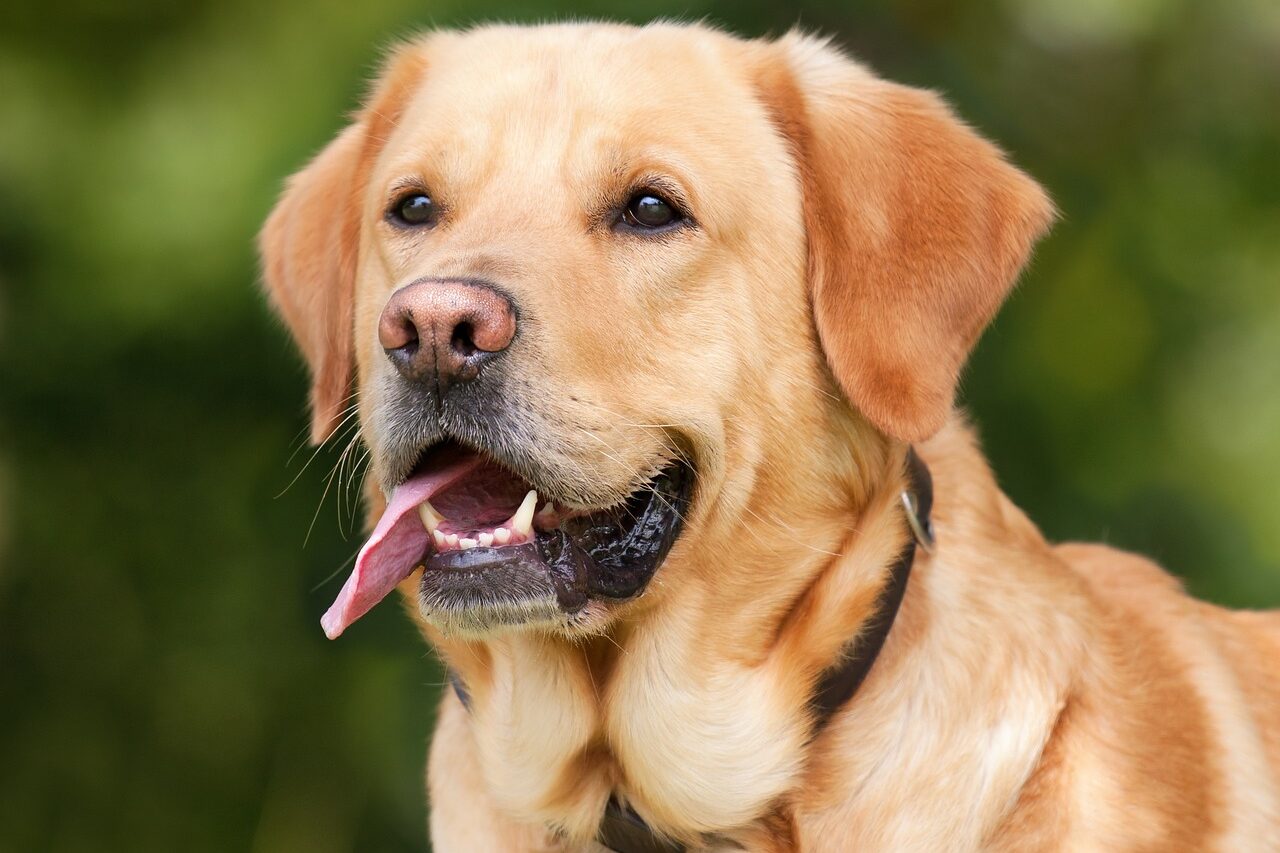
When you ask a vet what dog to get, they’ll usually stay neutral. But behind closed doors, many have favorite breeds they recommend for health, temperament, and longevity, and a few they quietly warn against. Labs consistently top the list because they’re friendly, trainable, great with families, and less prone to aggression or anxiety. Their gentle nature makes them dependable with kids, and their adaptability suits both active and calm households. Vets admire how they balance playfulness with patience, making them a safe choice. Labrador Retrievers continue to earn quiet approval as the go to family dog.
2. Golden Retriever
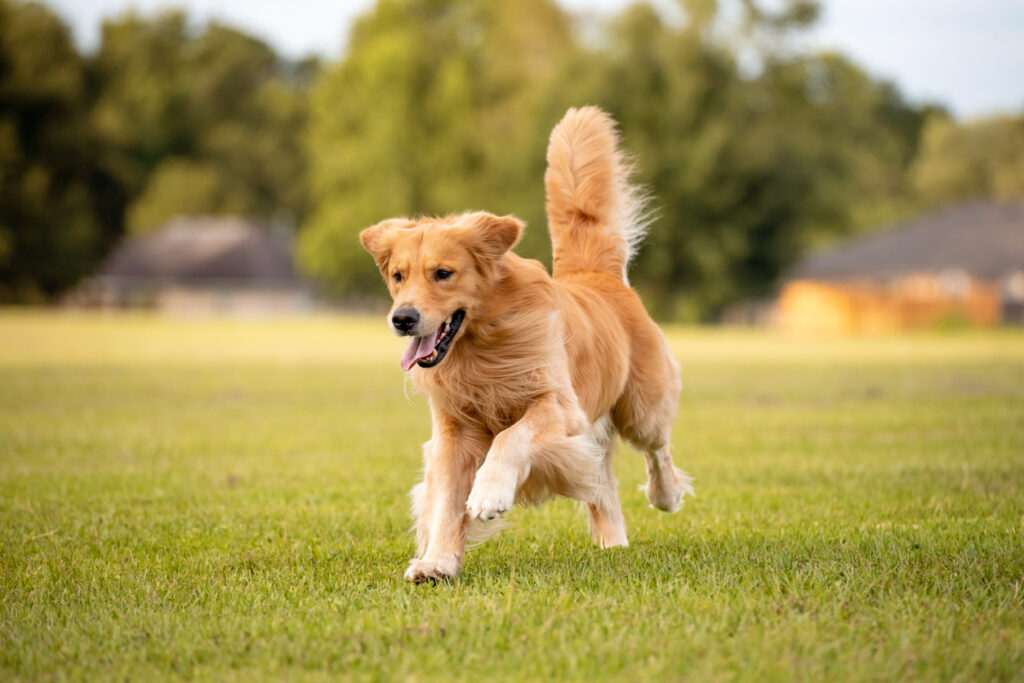
Golden Retrievers shine for their loving, gentle nature and consistent loyalty. They’re great with kids, thrive on companionship, and rarely show aggression. Many families love how quickly they pick up training and their eagerness to please. They also have the kind of calm patience that works beautifully in households with children or other pets. Their golden coats and cheerful personalities are just bonuses to their reliability. While they need exercise and regular grooming, the payoff is a dog that adds joy and comfort to daily life. Vets quietly recommend them as one of the safest choices for families.
3. Standard Poodle
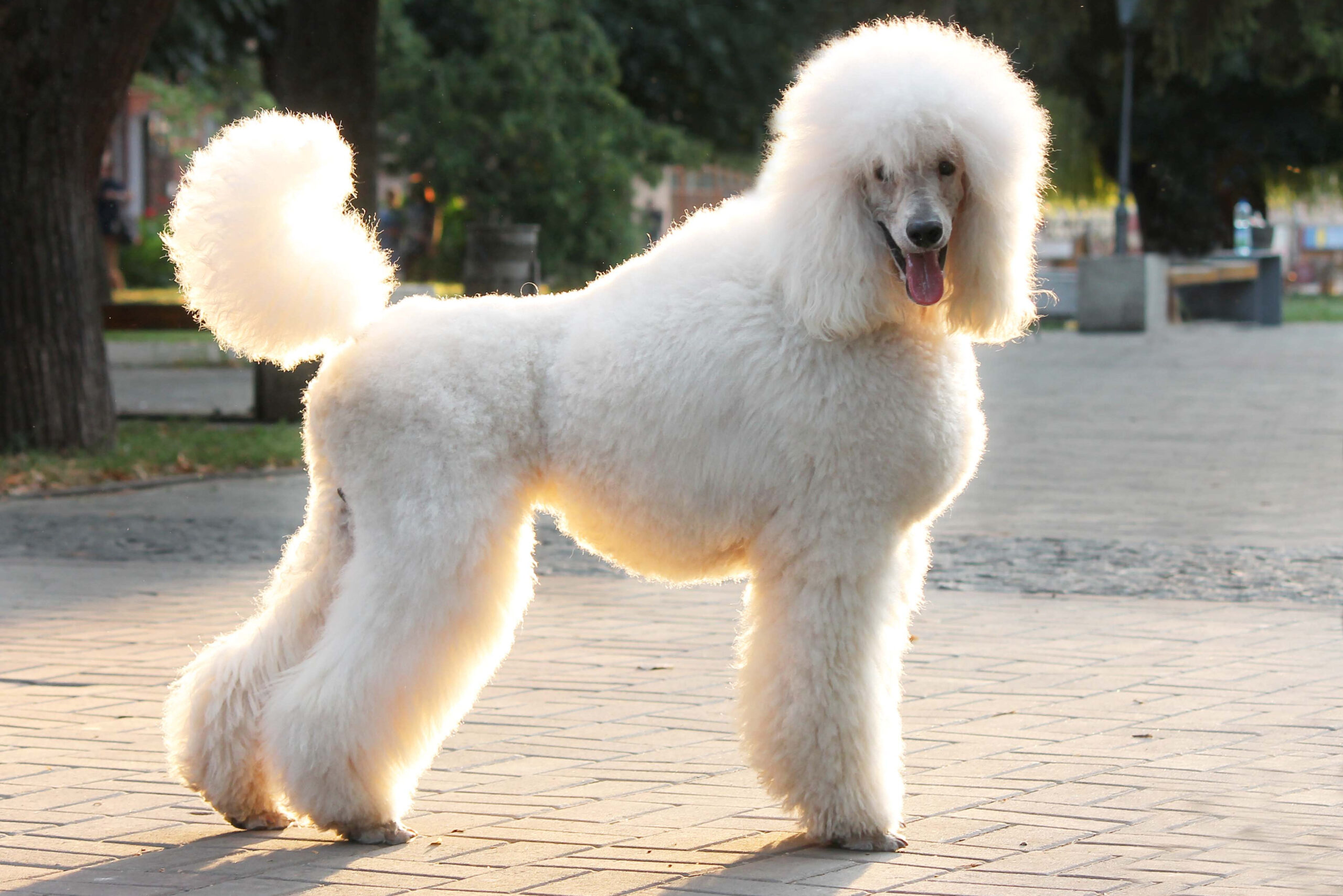
Standard Poodles often surprise people, but vets quietly admire them for their intelligence, adaptability, and resilience. These dogs are quick learners, which makes training easier, and they’re athletic enough to keep up with active households. Their hypoallergenic coats also make them a great choice for families with allergies. They’re calm but playful, affectionate but not overly needy, and tend to have fewer hereditary issues compared to some popular breeds. Poodles bring an elegant mix of brains and heart that vets appreciate. They offer families a versatile companion that fits into both energetic and relaxed lifestyles with minimal fuss.
4. Mutts
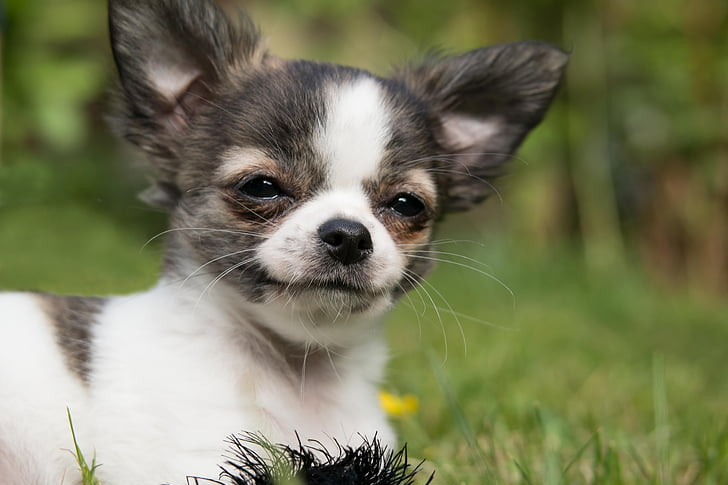
Mutts hold a special place in many vets’ hearts. They often benefit from genetic diversity, which makes them healthier and less prone to breed-specific problems. Mixed breeds tend to live longer and require fewer specialized medical treatments. Beyond health, they bring unique personalities that can be just as loyal and loving as any purebred. Many families who adopt mutts discover dogs with patience, playfulness, and gratitude. Vets often encourage people to look past the obsession with pedigrees and consider these sturdy, dependable companions. Mixed breeds remind us that love, loyalty, and health are not limited to fancy labels.
5. Border Collie
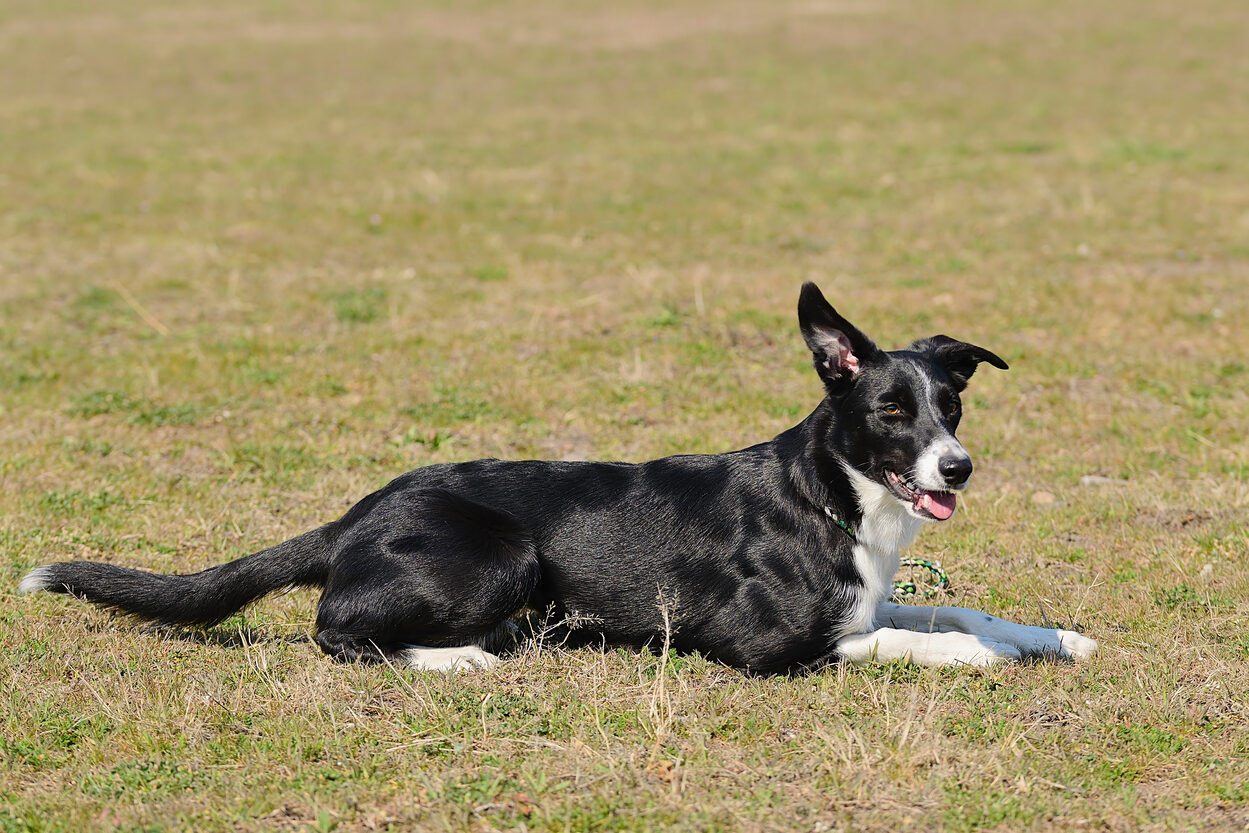
Border Collies are often called the smartest dogs, and vets agree they deserve their reputation. They thrive on challenges, training, and plenty of activity. For active families or individuals, they make loyal, tireless companions that never seem to run out of energy. Their intelligence means they’re quick to learn commands, and their eagerness to work makes them cooperative. Border Collies do best in homes that provide mental stimulation and exercise. While they aren’t suited for everyone, vets respect their sharp minds and healthy builds. For those who can match their energy, Border Collies become unforgettable and truly rewarding companions.
6. Australian Cattle Dog
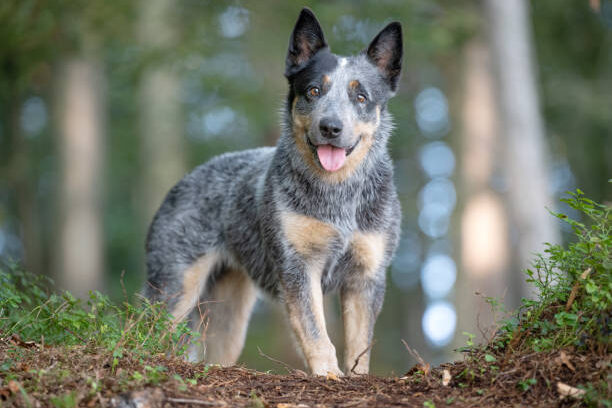
The Australian Cattle Dog earns quiet praise from vets for being hardy, loyal, and long-lived. These dogs were bred for endurance and it shows. They rarely suffer from the common health concerns of more delicate breeds. Strong and alert, they’re best for families who can provide regular activity and outdoor time. Their loyalty runs deep, and they form close bonds with their people. Vets recommend them for those who want a companion that can keep up with active adventures while remaining dependable and protective at home. They embody strength, resilience, and steady companionship without the constant need for care.
7. Shih Tzu

Shih Tzus often surprise people with their sturdiness. Vets like them because they balance charm with generally good health. Despite their long coats, they don’t shed much and their temperaments are easygoing. They’re affectionate without being overly demanding and get along well with kids and older adults alike. Unlike many other toy breeds, they’re less prone to snappy or aggressive behavior, which makes them easier to live with. Their smaller size also means they adapt well to apartments or larger homes. For families who want a loyal lap companion with fewer headaches, Shih Tzus are a quiet recommendation.
8. Papillon
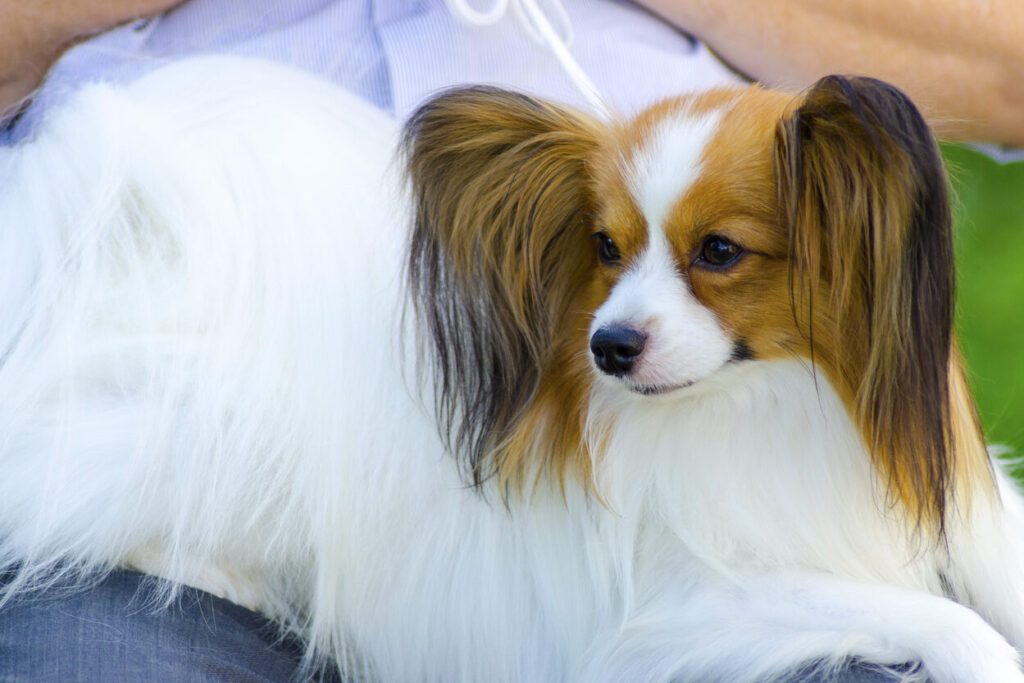
Papillons may be small, but they bring a lot of personality in a sturdy little frame. Vets like them because they’re clever, adaptable, and relatively healthy compared to many toy breeds. Their signature butterfly-like ears and cheerful energy make them stand out. They’re easy to train, eager to please, and often live long, active lives. Unlike some small dogs, they don’t typically develop behavioral issues that frustrate owners. Papillons are social and enjoy learning new tricks, which makes them fun companions. For people who want a lively little dog without constant health concerns, Papillons are often quietly recommended.
9. Beagle
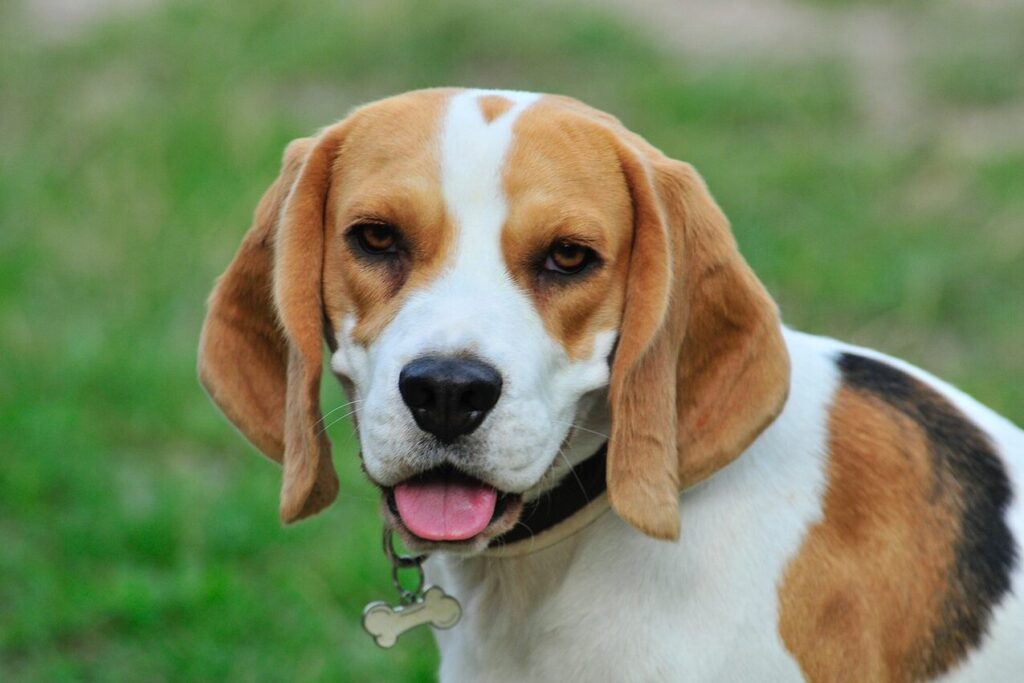
Beagles are often praised by vets for their friendliness and resilience. They’re curious, playful, and known for having strong constitutions that make them relatively easy to care for. Their long lifespans add to their appeal, with many living well into their teens. Beagles are small enough for apartments but sturdy enough for outdoor play, giving families flexibility. Their social personalities make them wonderful with children, though their strong noses may lead them into mischief. Vets admire their low incidence of aggression and their ability to thrive in various settings. They bring joy, energy, and loyalty into family life.
10. Boxer
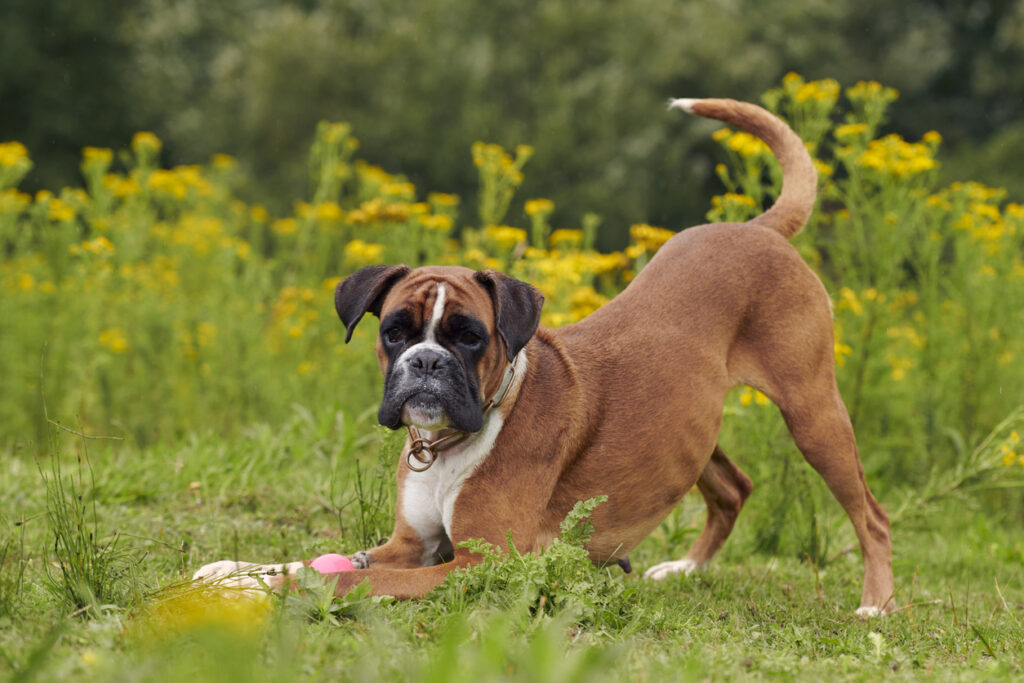
Boxers bring playful energy and loyalty that makes vets speak warmly about them. While they do face some health challenges like cancer, their cheerful personalities often make up for it. Boxers are famous for their boundless affection and fun-loving nature, often described as eternal puppies. They form close bonds with their families and are protective without being unmanageable. Their medium build and active spirits suit families who enjoy outdoor activities. Vets quietly recommend them because they combine loyalty, intelligence, and a joyful approach to life. With the right care, Boxers return the investment with endless love and companionship.
11. Greyhound
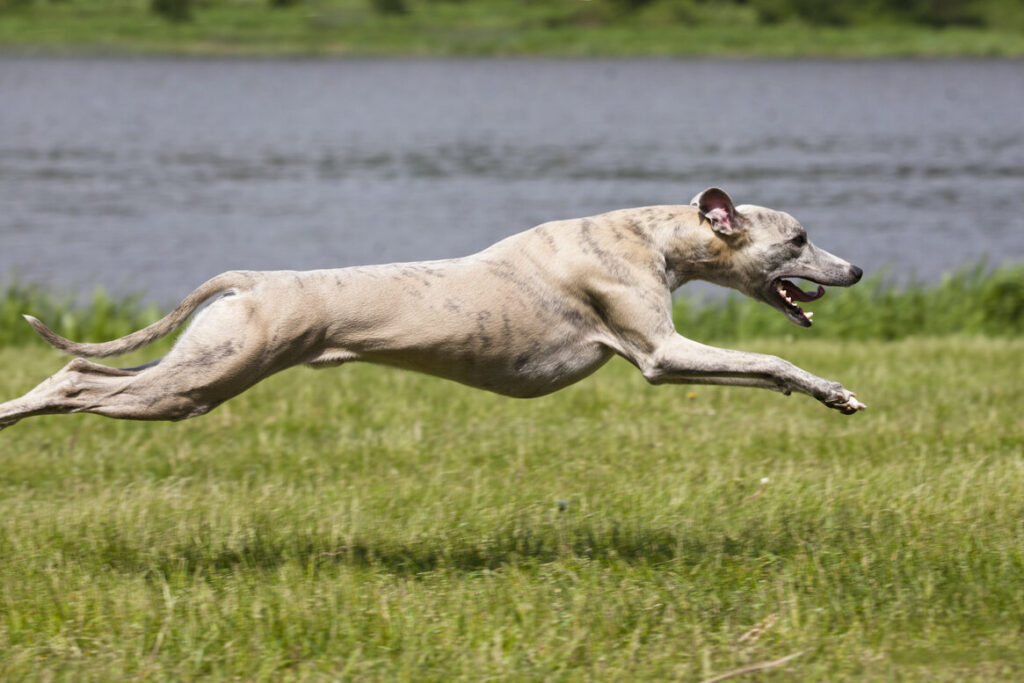
Greyhounds look like athletes built for endless speed, but vets admire them for their gentle and calm natures at home. They’re surprisingly low-maintenance, with fewer hereditary health issues than many purebred breeds. Despite their reputation as racers, they’re often content with a short daily run and then spend much of their time lounging. Families who adopt retired racers often describe them as affectionate and easygoing companions. Vets recommend them for people who want a large dog without constant hyperactivity. Greyhounds show that behind sleek muscles is a soft heart that fits beautifully into relaxed, loving homes.
12. Cavalier King Charles Spaniel
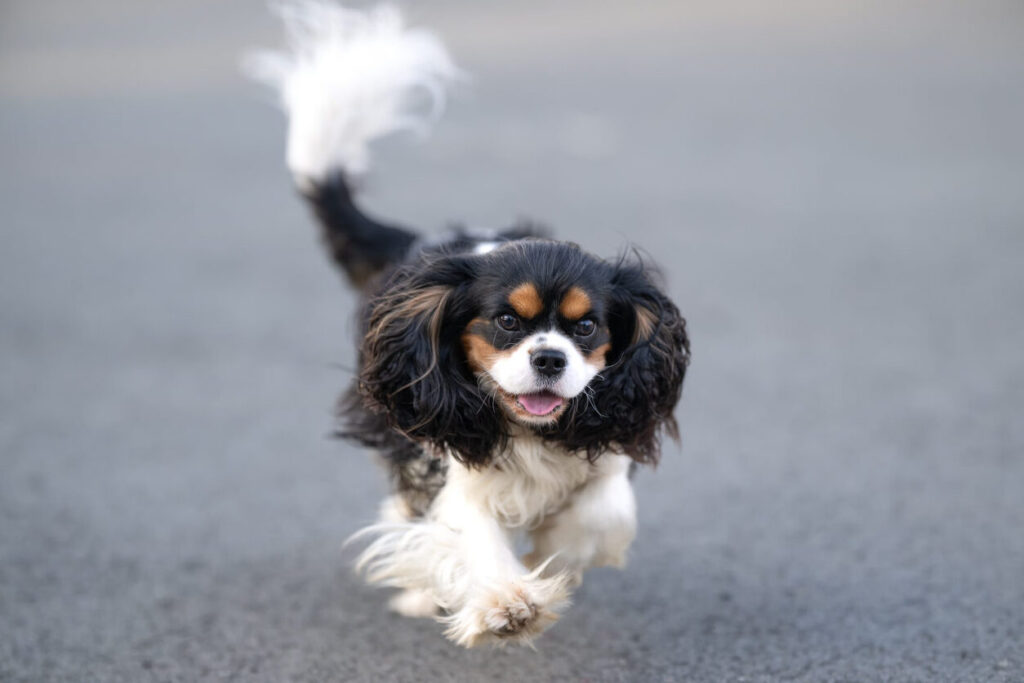
Cavalier King Charles Spaniels are adored for their sweet and affectionate personalities. Vets appreciate their gentle natures but warn that careful breeding is essential because of their tendency toward heart issues. When responsibly bred, these small dogs are adaptable, friendly, and thrive in households that provide love and attention. They’re easy to handle, making them good companions for both families and individuals. Cavaliers have a warmth that makes people instantly fall in love. Vets quietly recommend them with caution, knowing that choosing wisely can mean years of joy. They bring elegance, loyalty, and tenderness to everyday companionship.
13. Havanese

The Havanese has been gaining quiet favor with vets thanks to its affectionate and adaptable nature. These small dogs are sturdy and generally live long, healthy lives. They’re intelligent and quick to train, which makes them enjoyable companions for families and individuals alike. Their cheerful personalities brighten homes, and their size makes them flexible for apartments or houses. Unlike many toy breeds, they tend to avoid common health pitfalls. Vets recommend them for those who want a dog that offers devotion without constant challenges. With their charm and durability, Havanese bring balance and delight into family life.
14. Miniature Schnauzer
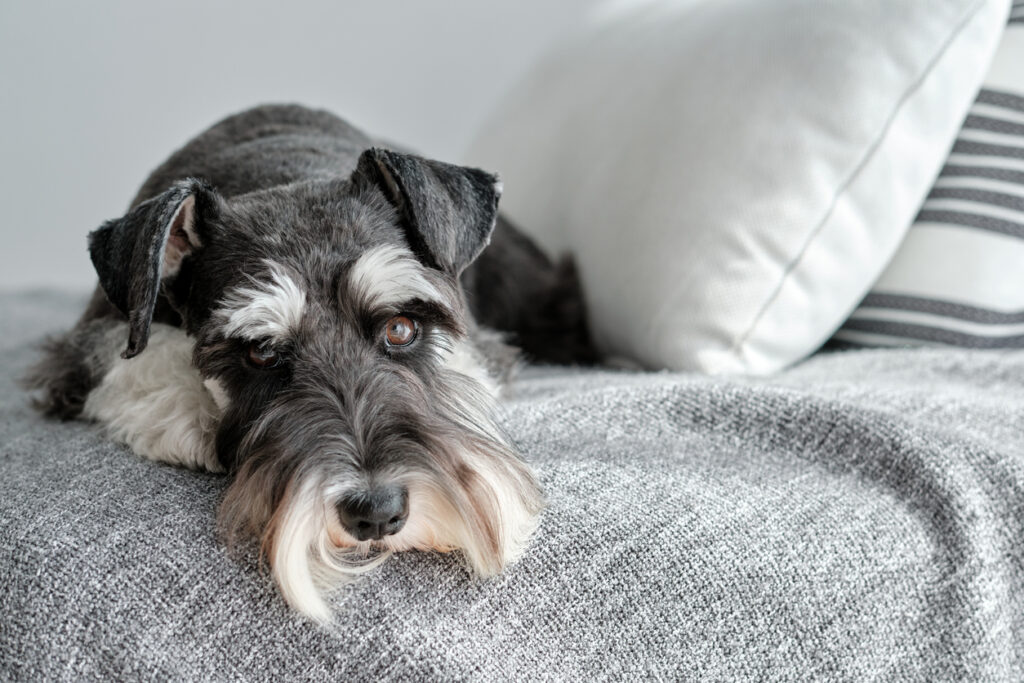
Miniature Schnauzers earn quiet admiration from vets for their loyalty, alertness, and playful spirit. They stand out because they’re less prone to aggressive tendencies often seen in other small dogs. Their wiry coats shed less, making them easier for households with allergies. Vets also appreciate their sturdy build and relatively few genetic issues. These dogs are great watchdogs but also affectionate family members. Their adaptability makes them suitable for both apartments and larger homes. Families who choose them find dogs that are spirited but manageable. Vets often recommend Miniature Schnauzers as a dependable, lively choice for long-term companionship.
15. Portuguese Water Dog

Portuguese Water Dogs bring together athletic ability, intelligence, and resilience. Vets admire them because they tend to be healthier than many trendy designer breeds. Originally bred to work alongside fishermen, they’re strong, trainable, and adaptable to active lifestyles. Their allergy-friendly coats are a bonus for families with sensitivities. While they love exercise and adventure, they’re also deeply affectionate with their people. Vets quietly suggest them for households looking for a dog that balances energy with devotion. These dogs provide companionship that’s reliable, joyful, and lasting. They prove that sturdy heritage can make for healthier and happier companions.
16. Whippet
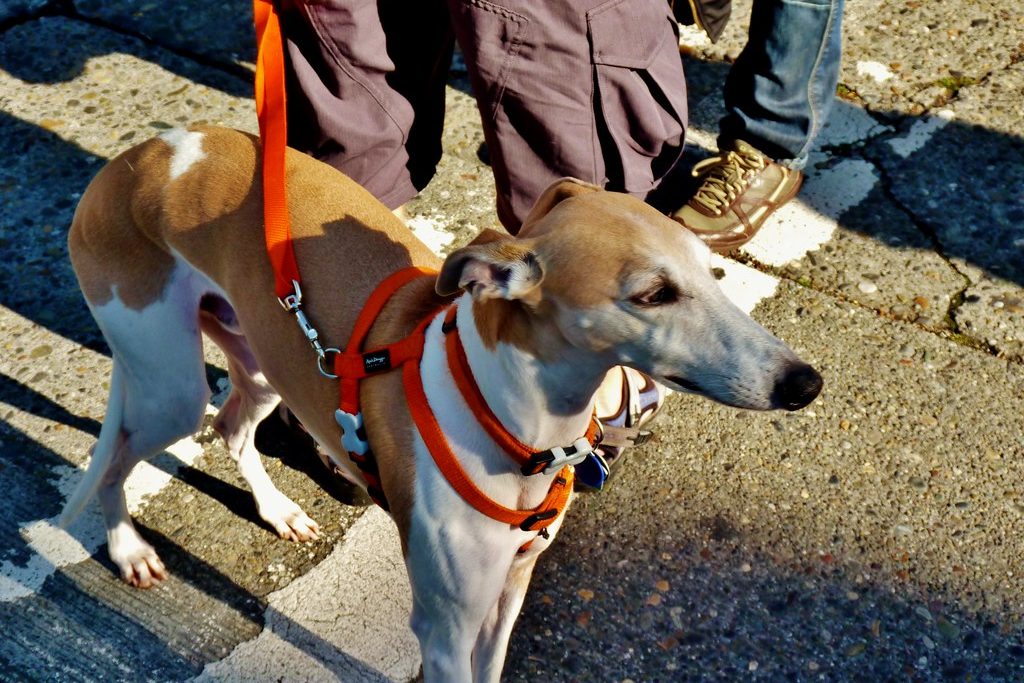
Whippets are often overlooked, but vets quietly admire them for their gentle nature and simple needs. They’re sleek sprinters who love a good run, but indoors they’re calm and content to curl up with family. Unlike some larger breeds, they aren’t prone to constant health troubles and generally live long, happy lives. Their quiet personalities make them excellent companions for both families and singles. They’re affectionate without being overwhelming, playful without being destructive, and sensitive to their people’s moods. For households looking for a graceful, low-maintenance dog, Whippets bring balance and affection without the heavy challenges of many breeds.
17. Bichon Frise
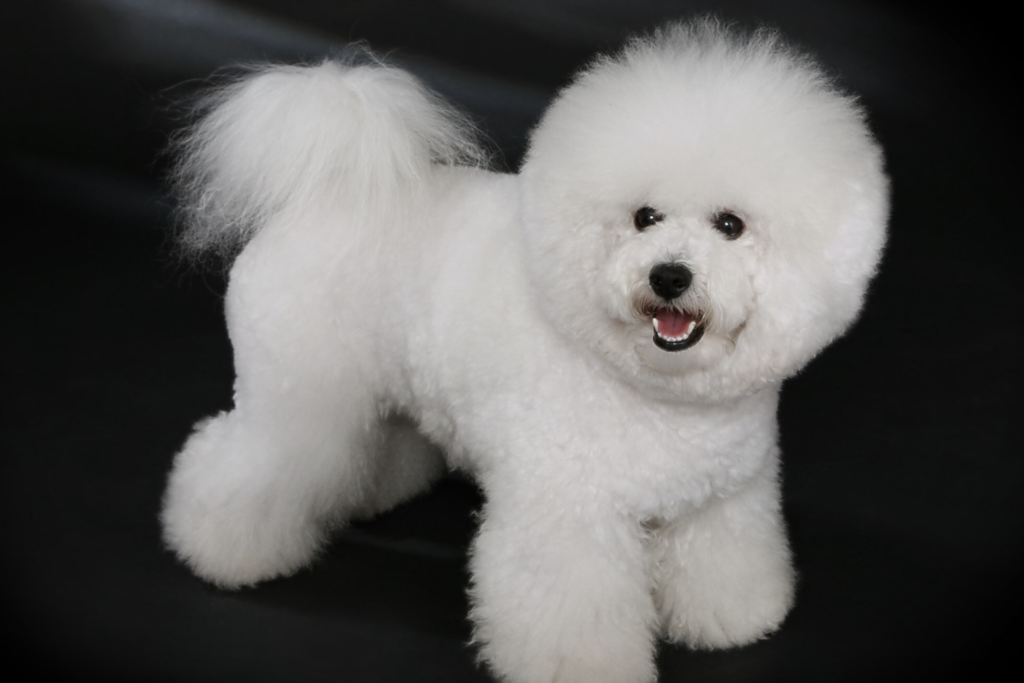
The Bichon Frise may look delicate, but vets know they’re hardier than they appear. Their cheerful, playful personalities and hypoallergenic coats make them appealing to many families. Unlike some toy breeds, they avoid many extreme health issues and often live long, healthy lives. They’re eager to please and highly adaptable, thriving in both apartments and larger homes. Their fluffy coats require grooming, but their upbeat charm makes the effort worthwhile. Vets quietly recommend them for households that want a small companion with fewer health risks. The Bichon offers resilience wrapped in joy, proving that tiny can still be strong.
18. Shetland Sheepdog
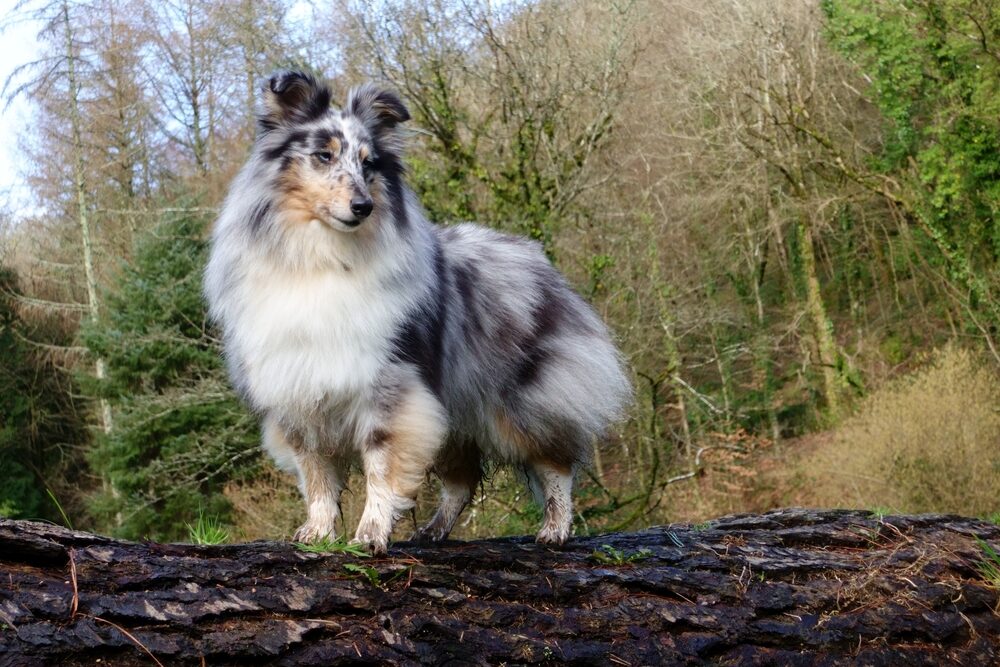
Shetland Sheepdogs, or Shelties, are like smaller cousins of the Collie, and vets appreciate them for their intelligence and affectionate spirits. They’re eager to please, which makes training smooth, and they thrive on companionship and gentle play. Their manageable size makes them a good fit for families, yet they still carry the smarts and loyalty of a true working dog. While their long coats need upkeep, their affectionate nature and dependable health balance it out. Shelties rarely show aggression and bond strongly with their people. Vets quietly recommend them as loving, steady companions that bring both joy and cooperation.
19. Brittany Spaniel
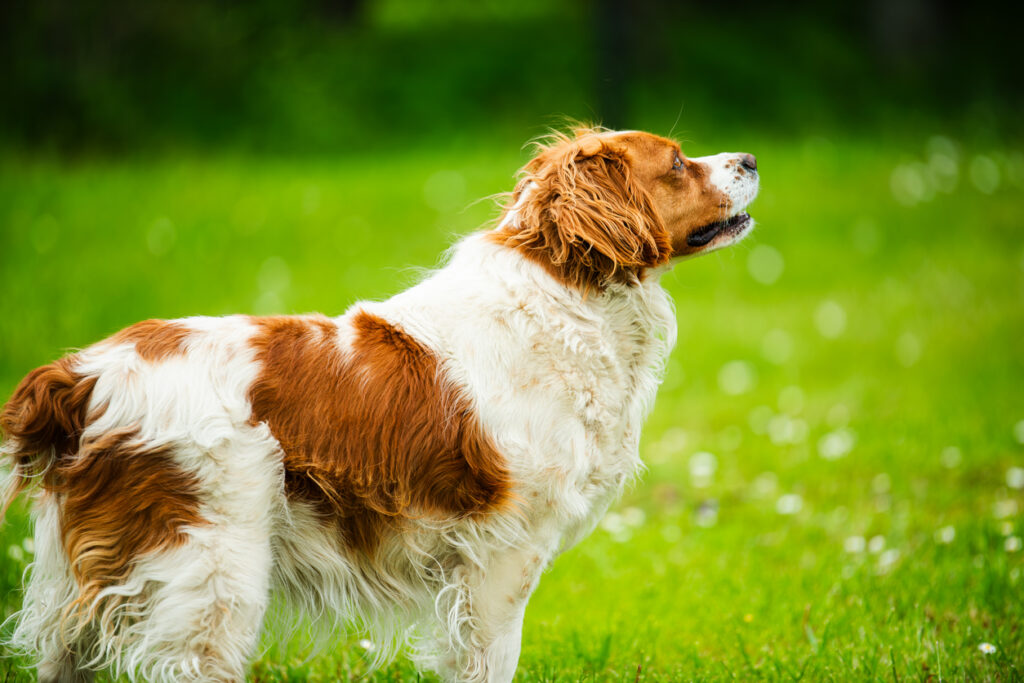
The Brittany Spaniel is an energetic yet biddable breed that vets often highlight for families with active lifestyles. They’re intelligent, adaptable, and less burdened by genetic issues than many sporting breeds. Their medium size makes them easier to manage than larger hunting dogs, yet they carry the same enthusiasm for play and exercise. Brittanys are affectionate and eager to be part of family activities, thriving when included in daily routines. They don’t just bring energy, they also bring loyalty and sweetness. Vets like them because they’re sturdy, cheerful, and easier to keep healthy with responsible care and regular exercise.
20. Belgian Malinois

Belgian Malinois are admired by vets for their intelligence, resilience, and overall health, though they’re best suited for experienced families. These dogs thrive with training, mental challenges, and consistent activity. They’re protective, deeply loyal, and willing to work tirelessly alongside their people. While not ideal for first-time dog owners, they make incredible companions for those who can match their energy and dedication. Malinois are less prone to the hereditary problems that plague some breeds, giving them extra appeal to professionals. For families who understand the demands, vets quietly recognize Belgian Malinois as strong, dependable partners with remarkable devotion.
21. Irish Setter
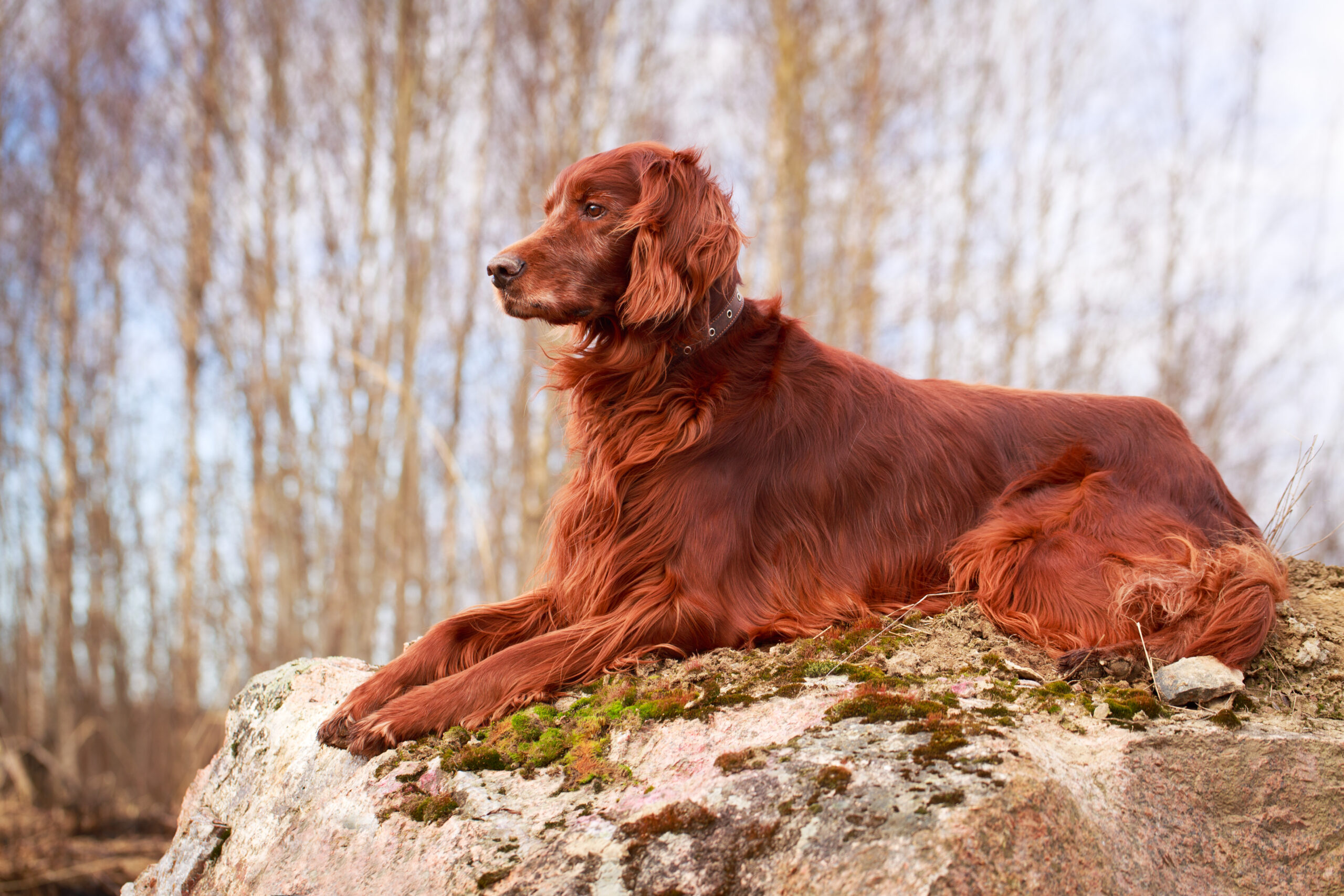
Irish Setters win people over with their playful charm and rich red coats, but vets also appreciate them for their generally sound health when responsibly bred. These dogs are loyal and affectionate, making them wonderful family companions. They love activity and thrive in households that can provide space to run and play. While grooming and exercise are important, their upbeat personalities more than make up for the work. Vets quietly recommend Irish Setters for families who want a cheerful, sociable dog that rarely shows aggression. They bring joy, beauty, and steady companionship to homes that match their energy.
22. German Shorthaired Pointer
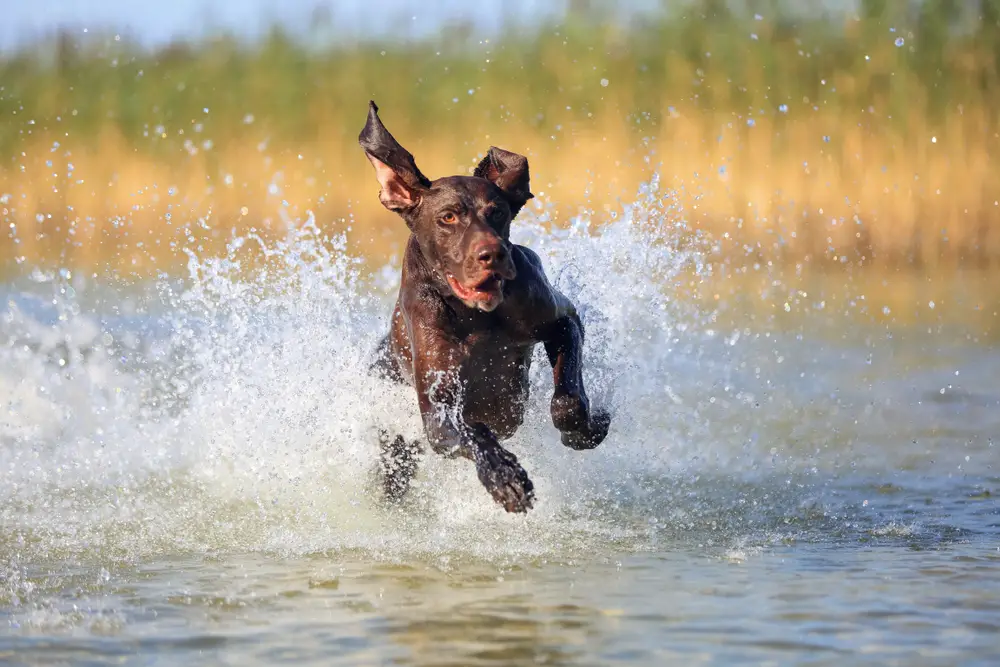
German Shorthaired Pointers are admired by vets for their strength, intelligence, and reliability. They’re natural athletes who enjoy outdoor adventures, yet they’re affectionate and eager to please indoors. Their sleek coats are easy to maintain, and they generally avoid many of the chronic health issues seen in other large breeds. Pointers thrive in active families who can provide plenty of exercise and stimulation. They’re social dogs who enjoy being part of family routines, making them loyal companions. Vets often recommend them as sturdy, dependable pets that combine playfulness with resilience, adding vitality and loyalty to active households.
23. Samoyed
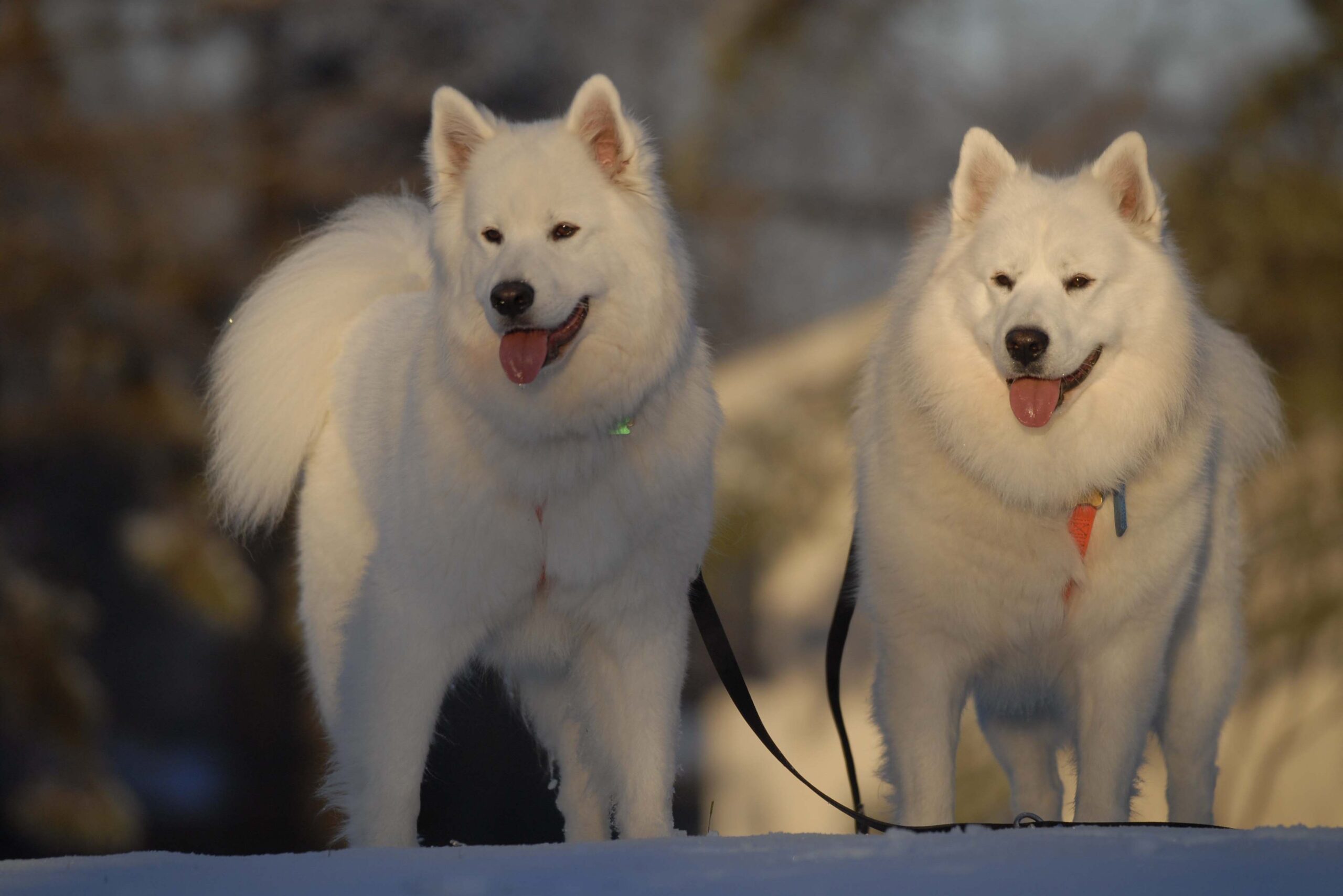
Samoyeds may look like fluffy showpieces, but vets know they’re surprisingly resilient when responsibly bred. These dogs are sociable, cheerful, and love being part of family life. Their thick white coats require grooming, yet they also protect them from extremes of weather, making them hardy and adaptable. Samoyeds are known for their friendly “smiles” and affectionate personalities, which make them hard not to love. While they enjoy outdoor activity, they’re also gentle enough to thrive indoors with regular family interaction. Vets quietly recommend them as strong, dependable companions for households willing to meet their grooming and social needs.
24. Cocker Spaniel

Cocker Spaniels are beloved for their affectionate and cheerful personalities, and vets appreciate them as versatile companions. They’re small enough to adapt to apartments but active enough for outdoor play. While careful breeding is important to avoid health problems, well-bred Cockers thrive in family settings. They’re sweet-natured, gentle with children, and eager to be part of daily routines. Their long, silky coats require maintenance, but their loyal hearts and playful charm make up for it. Vets quietly recommend them as companions that bring both affection and adaptability, offering steady joy to families who give them consistent care.
25. Pomeranian

Pomeranians might be tiny, but vets often praise them for their sturdiness compared to other small breeds. They’re lively, confident, and long-lived, making them fun companions for families and individuals. While their fluffy coats require grooming, their health concerns are generally less severe than fragile teacup dogs. Pomeranians are smart, adaptable, and filled with charm. They enjoy playtime but are also content curling up in their owners’ arms. Vets quietly recommend them for people who want a small dog with a big personality, one that brings energy and affection without the constant health struggles of intentionally undersized breeds.
26. Great Dane
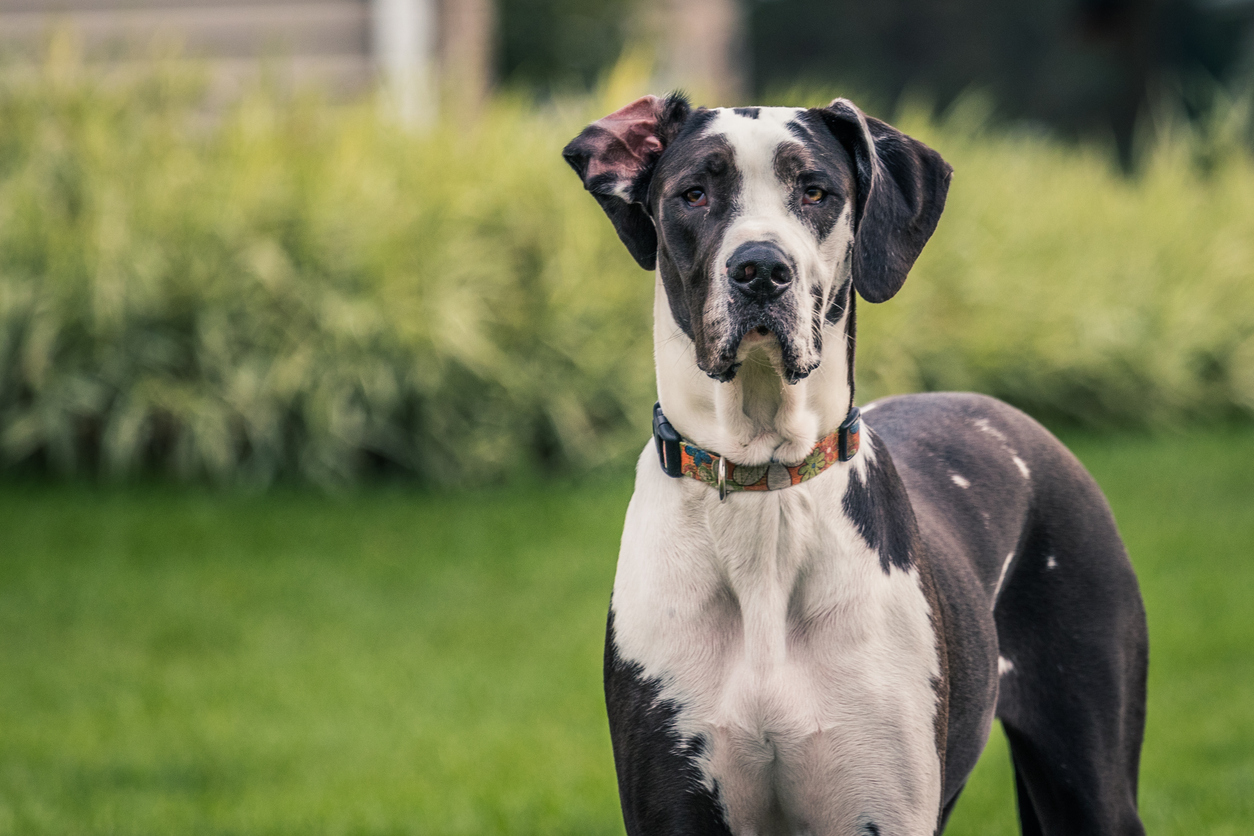
Great Danes are often called gentle giants, and vets appreciate their sweet and patient temperaments. Despite their massive size, they’re typically calm, affectionate, and wonderful with families. While they face some health caveats, particularly shorter lifespans, their loving personalities make them unforgettable companions. They adapt well to family life and are known for their loyalty and gentleness with children. Their size requires space and mindful care, but many families feel the joy outweighs the challenges. Vets quietly recommend them for those prepared to meet their needs, recognizing that Great Danes bring both grandeur and deep affection to households.
27. Dachshund

Dachshunds, with their long bodies and lively spirits, are often highlighted by vets as playful, loyal companions. They’re small but sturdy, and with careful management of weight and back health, they often live long, fulfilling lives. Their curious, bold personalities make them fun additions to families, and they bond deeply with their owners. While they can be vocal, their loyalty and affection balance it out. Vets admire their resilience and adaptability, whether in apartments or larger homes. Dachshunds prove that little dogs can carry big hearts, offering families joy, entertainment, and a surprising amount of durability over time.
28. Keeshond

The Keeshond is known for its friendly, adaptable temperament, and vets often recommend them as excellent family companions. They’re sociable dogs that thrive on affection and love being included in daily life. Their thick coats require upkeep, but their cheerful personalities and gentle natures make it worthwhile. Keeshonds are adaptable to different living situations and are less prone to serious health problems compared to some other breeds. Their affectionate nature and willingness to please make them stand out. Vets quietly praise them as dependable, family-friendly pets that offer warmth, companionship, and a joyful presence in any household.
29. Australian Shepherd
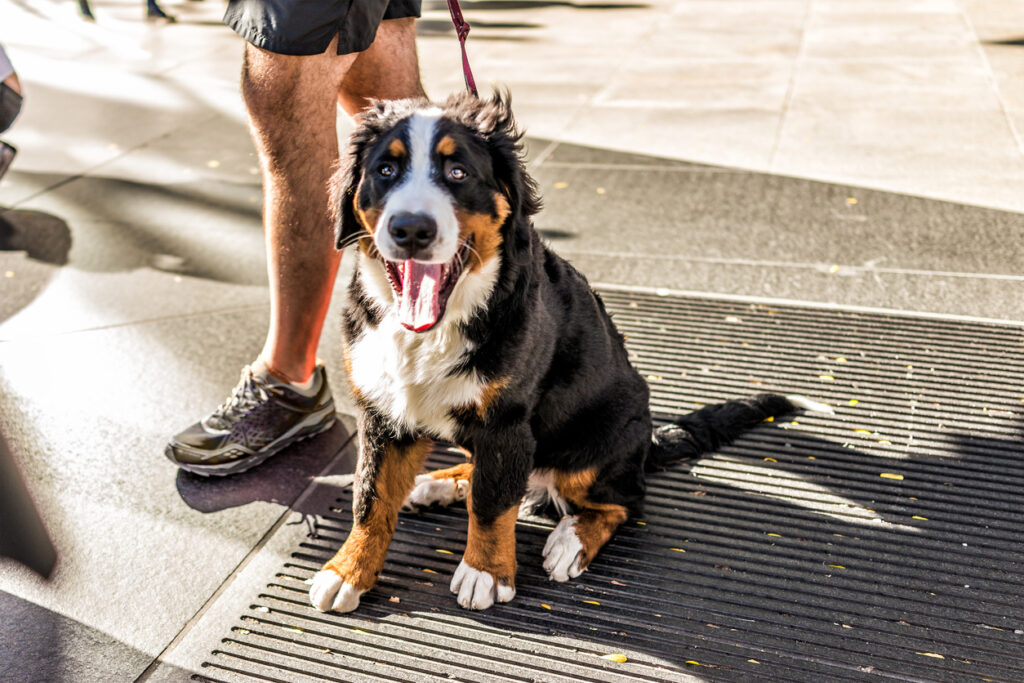
Australian Shepherds are admired by vets for their intelligence, energy, and loyalty. They’re active dogs who thrive in households that provide plenty of exercise and mental challenges. Originally bred for herding, they’re resilient, sharp, and affectionate. Aussies are known for their beautiful coats and striking eyes, but their personalities make them even more memorable. They bond closely with their families and excel in training when given consistent guidance. While they’re best for experienced or active owners, they offer loyalty and companionship that few breeds can match. Vets quietly recommend them for households ready to embrace their vibrant spirits.
30. Alaskan Malamute
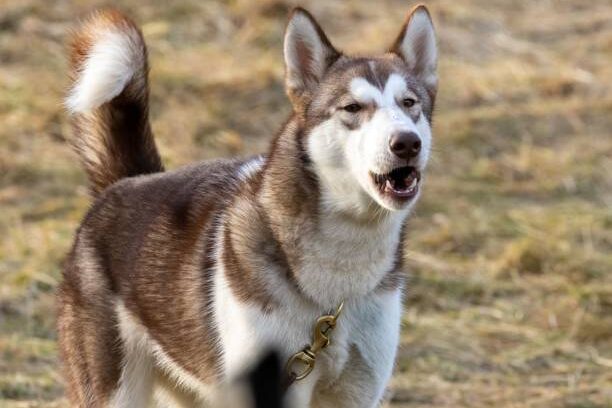
Alaskan Malamutes are powerful, loyal dogs admired by vets for their resilience and affectionate nature. They were bred for hard work in harsh climates, which makes them sturdy and dependable. While best suited for experienced, active owners, they bring joy to families who can meet their exercise needs. Malamutes are social, loving, and thrive when included in daily life. Their thick coats demand grooming, but their gentle hearts make it worthwhile. Vets quietly recommend them as remarkable companions for households ready for commitment. They embody strength, endurance, and loyalty, offering warmth and companionship in exchange for consistent care.
31. Newfoundland
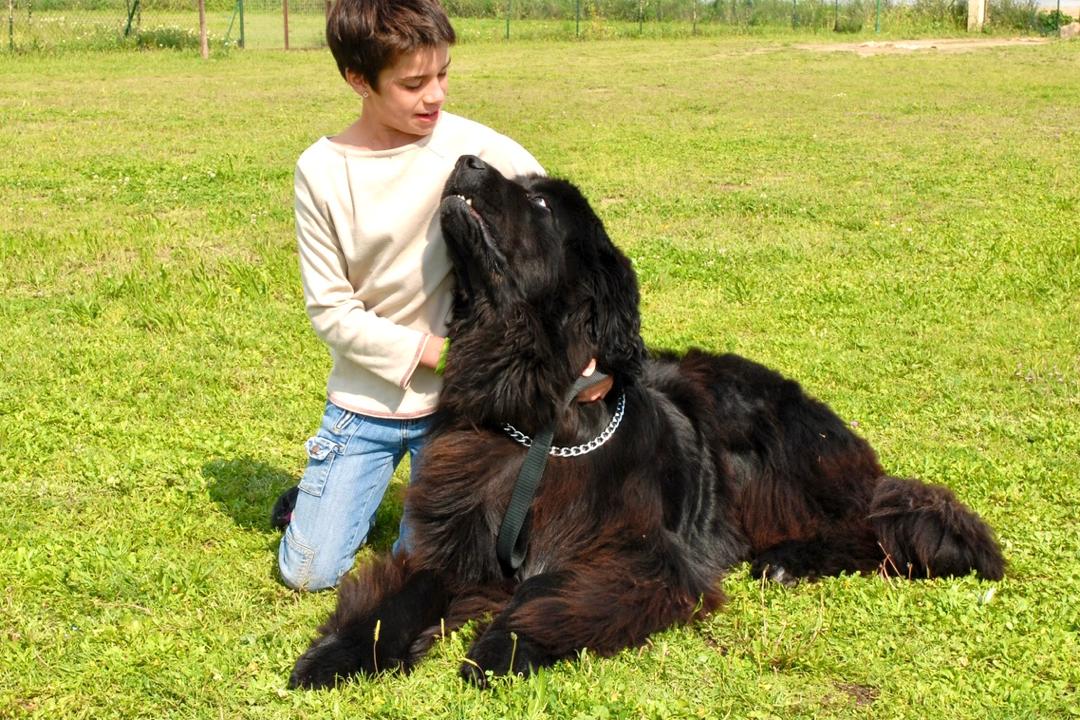
Newfoundlands are often called “gentle giants,” and vets quietly admire them for their famously patient and affectionate natures. Despite their massive size, they’re known for being sweet with children and protective without aggression. Families who bring a Newfie into their home quickly learn how devoted they are. Grooming and drool management can be a challenge, but vets recognize that their steady temperaments, resilience, and loyalty far outweigh the maintenance. They’re a top choice for households with room for their size.
32. Bernese Mountain Dog
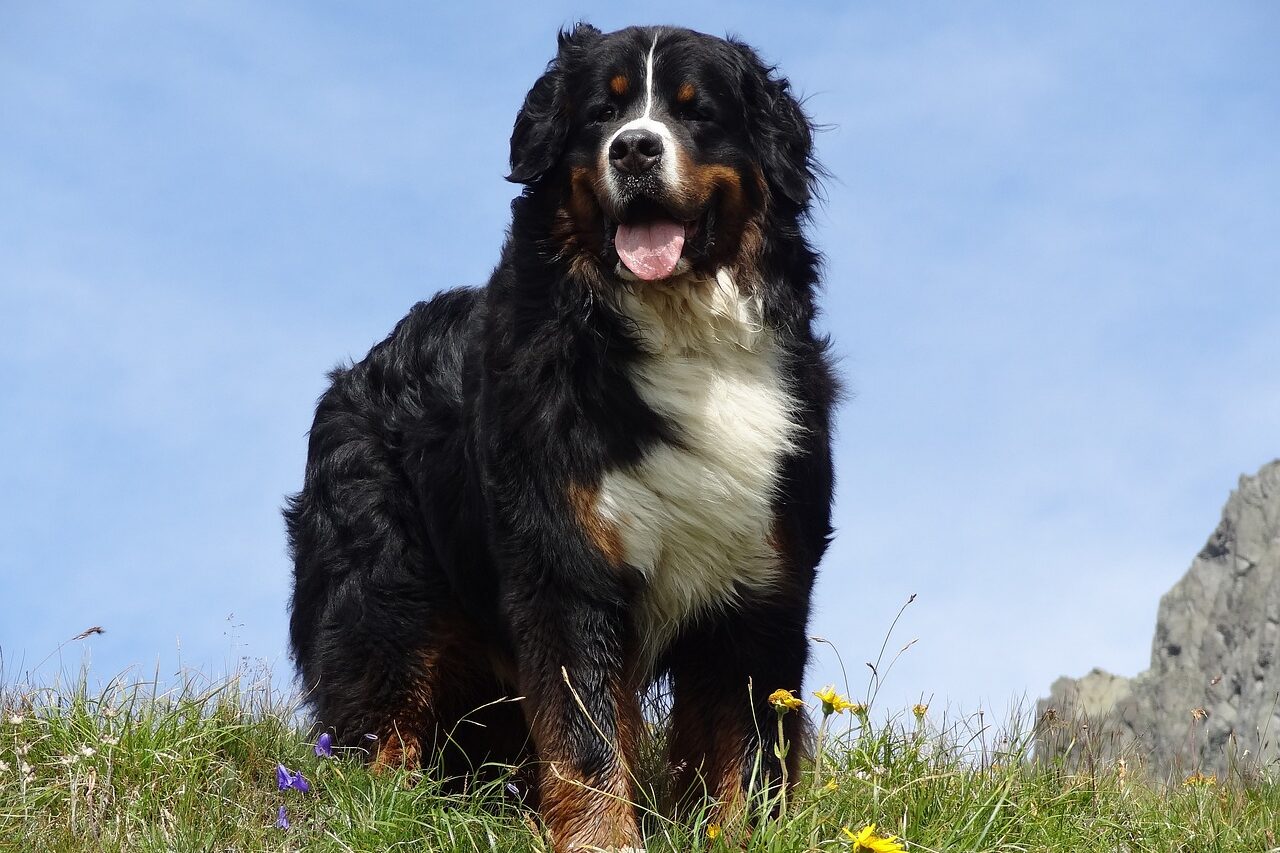
Bernese Mountain Dogs have long been admired for their affectionate, family-friendly natures. These big, tricolor beauties are gentle, playful, and deeply loyal to their people. Vets like them because they typically have good temperaments and get along well with children and other pets. Their drawback is a shorter lifespan compared to smaller breeds, often around seven to nine years, but their love and devotion during that time is unforgettable. With the right care, they bring steady joy to family life.
33. Tibetan Terrier
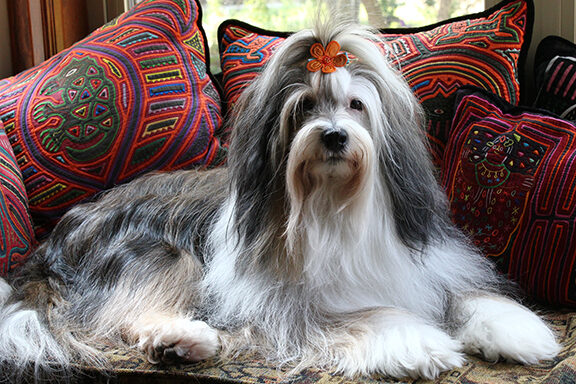
Despite the name, Tibetan Terriers are not true terriers but rather sturdy, medium-sized companions that vets respect for their adaptability. They are often long-lived and relatively healthy, avoiding some of the hereditary issues seen in more popular breeds. Tibetan Terriers are cheerful and affectionate, making them wonderful family companions that balance energy with patience. While their shaggy coats require grooming, their durability and calm, loving temperaments make them a breed vets quietly recommend to families looking for resilience and charm.
34. Italian Greyhound
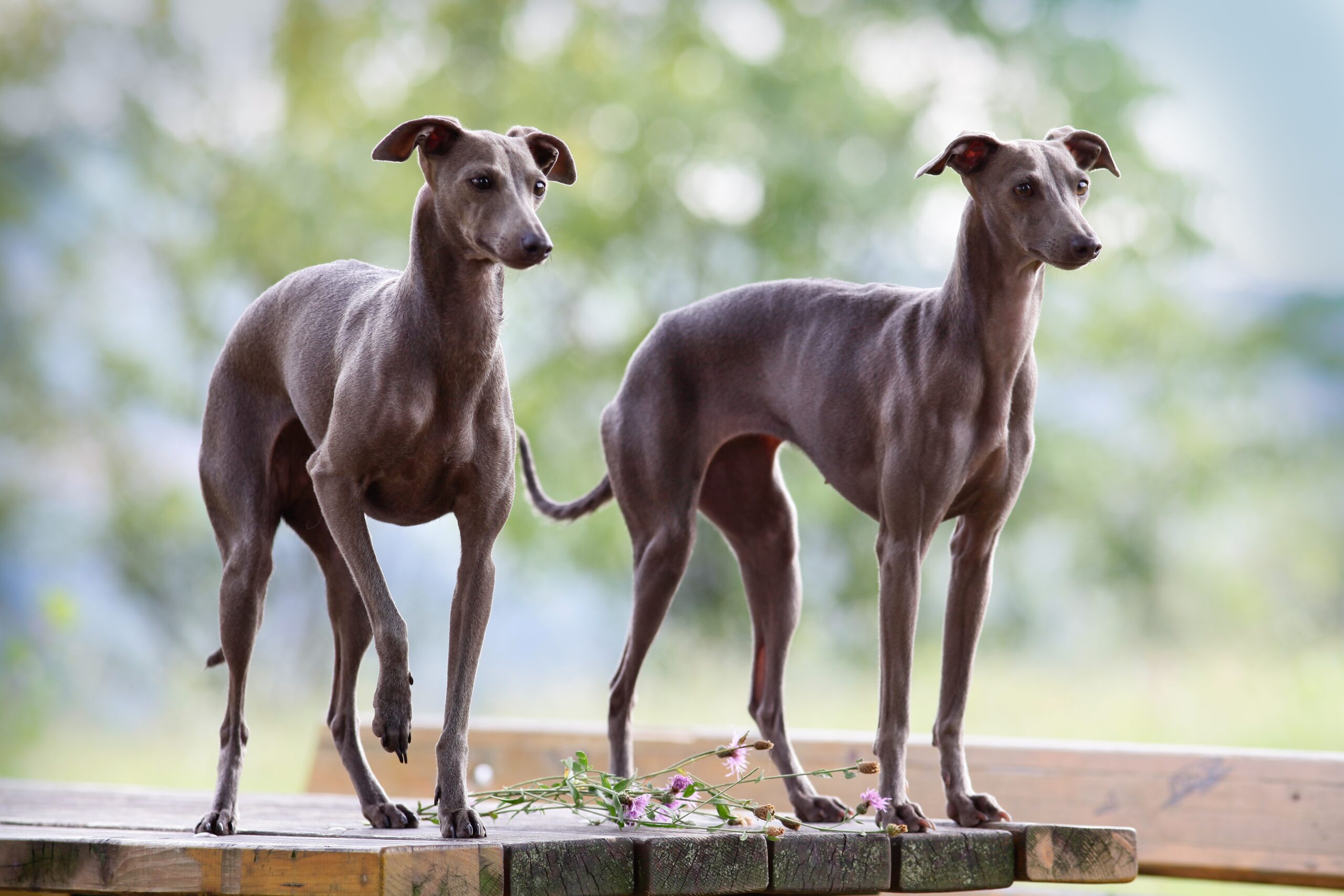
Italian Greyhounds may be small, but they are elegant, graceful companions with surprisingly long lifespans. Vets like them because, unlike many other toy breeds, they are relatively free of serious hereditary health issues and can live into their teens. They’re affectionate lapdogs, often happiest curled up with their owners, yet still playful and quick. Italian Greyhounds require some protection from cold weather due to their thin coats, but their gentle, loving natures make them a rewarding choice for many households.
35. Collie
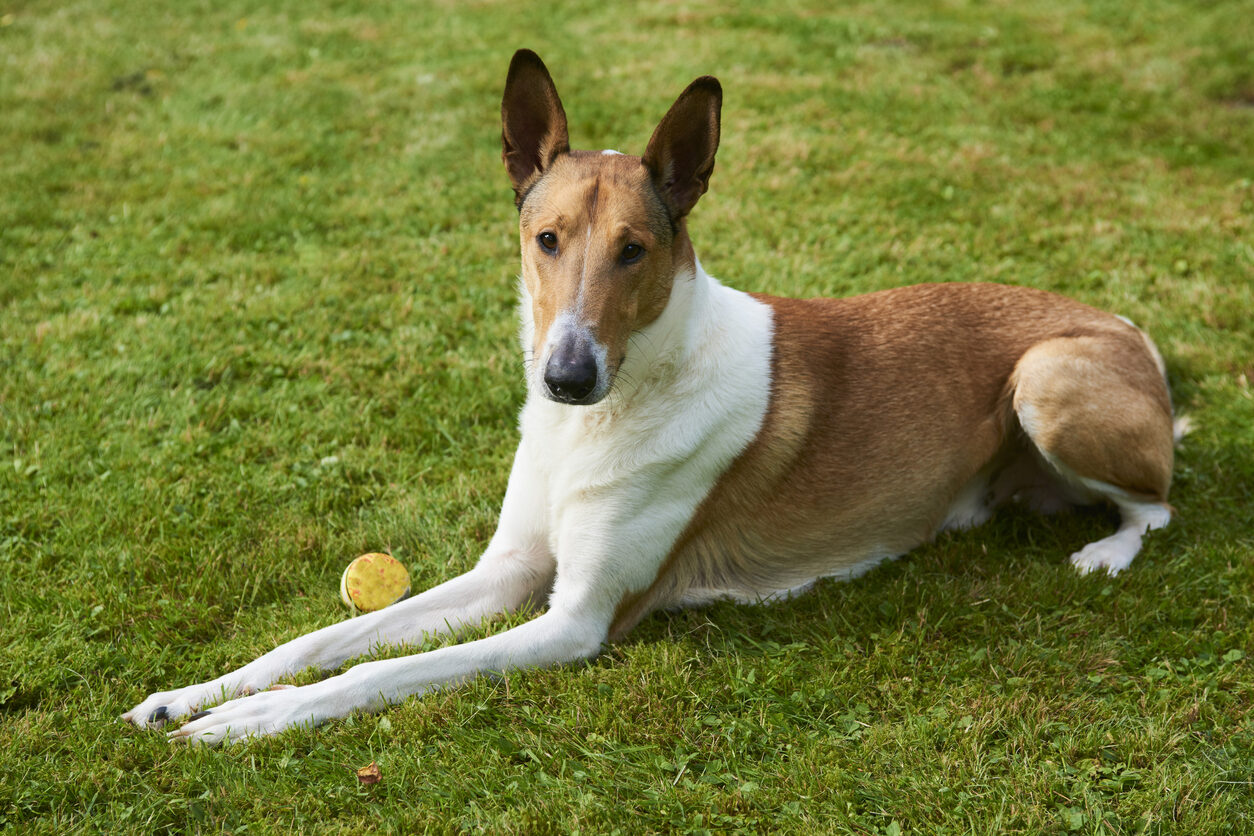
Collies are beloved for their loyalty, intelligence, and calm temperaments. Immortalized by the famous “Lassie,” they continue to win approval from vets as dependable family dogs. Collies bond deeply with their people and are known to be protective of children while remaining gentle. They are intelligent and relatively easy to train, thriving in homes where they receive consistent interaction. While their long coats need regular grooming, vets see them as healthy, steady companions who embody devotion and family warmth.
36. Basenji
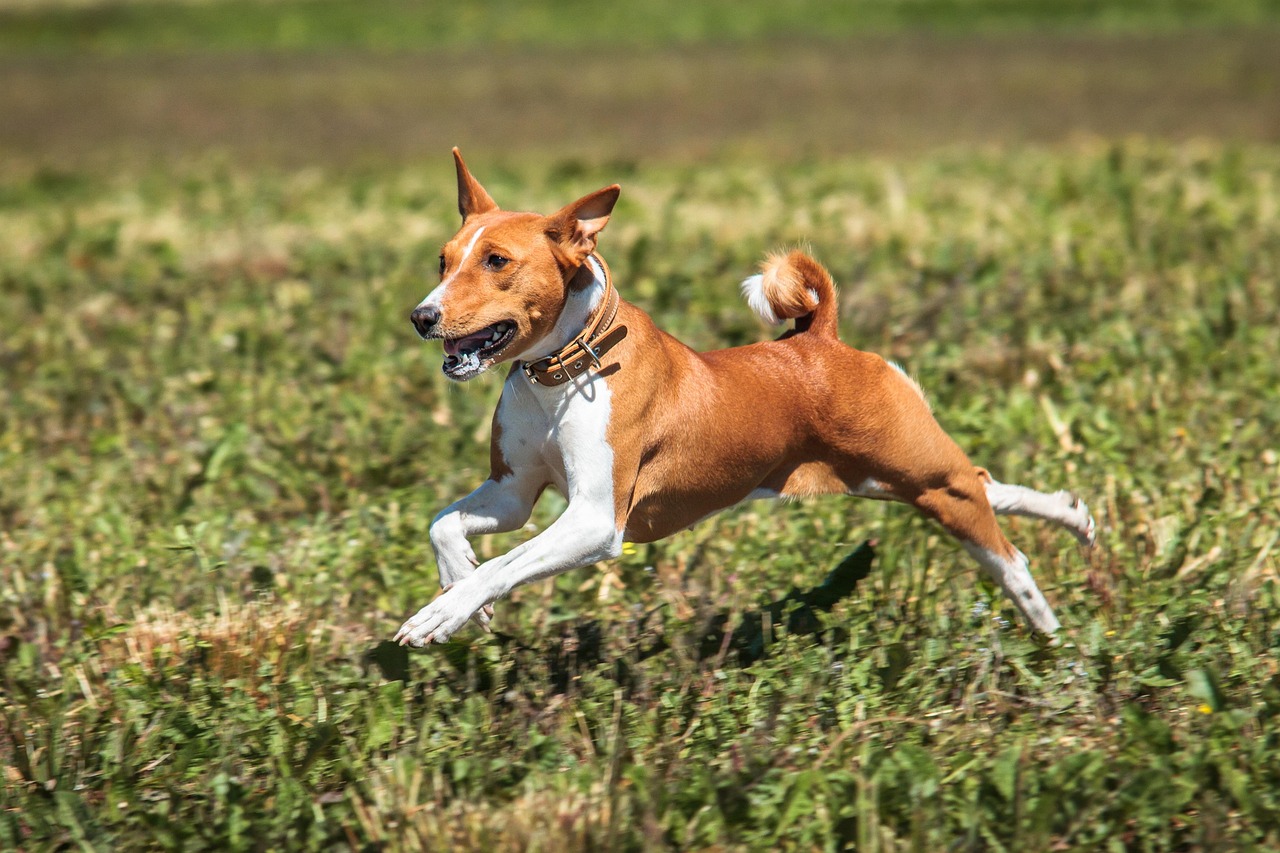
The Basenji, often called the “barkless dog,” is admired for its unique combination of independence and loyalty. Instead of barking, Basenjis make a distinctive yodel-like sound, which many owners find charming. Vets quietly approve of this breed because they’re clean, relatively healthy, and long-lived compared to more fragile dogs. They do need mental stimulation and secure yards, as their curiosity can lead to mischief. For families who appreciate a quieter but still lively companion, the Basenji is a solid choice.
37. Finnish Lapphund
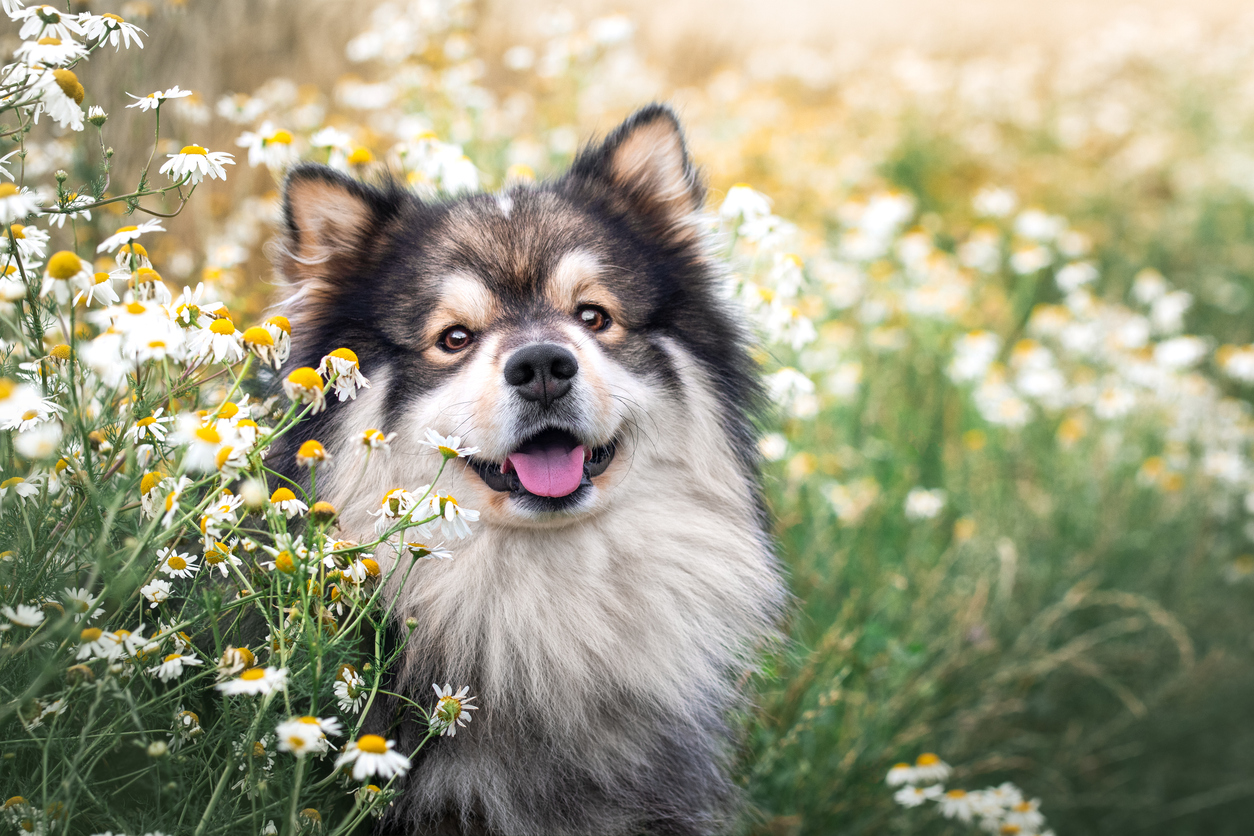
Finnish Lapphunds are still relatively rare outside of their homeland, but vets quietly recommend them for their friendly temperaments and sturdy health. Originally bred to herd reindeer, they’re adaptable, affectionate, and thrive on companionship. They are resilient in cold weather and are generally free from many of the hereditary issues seen in more popular breeds. Families who bring a Lapphund into their lives often find them to be loyal, loving, and joyful companions, balancing energy with dependable calmness.
38. Standard Schnauzer
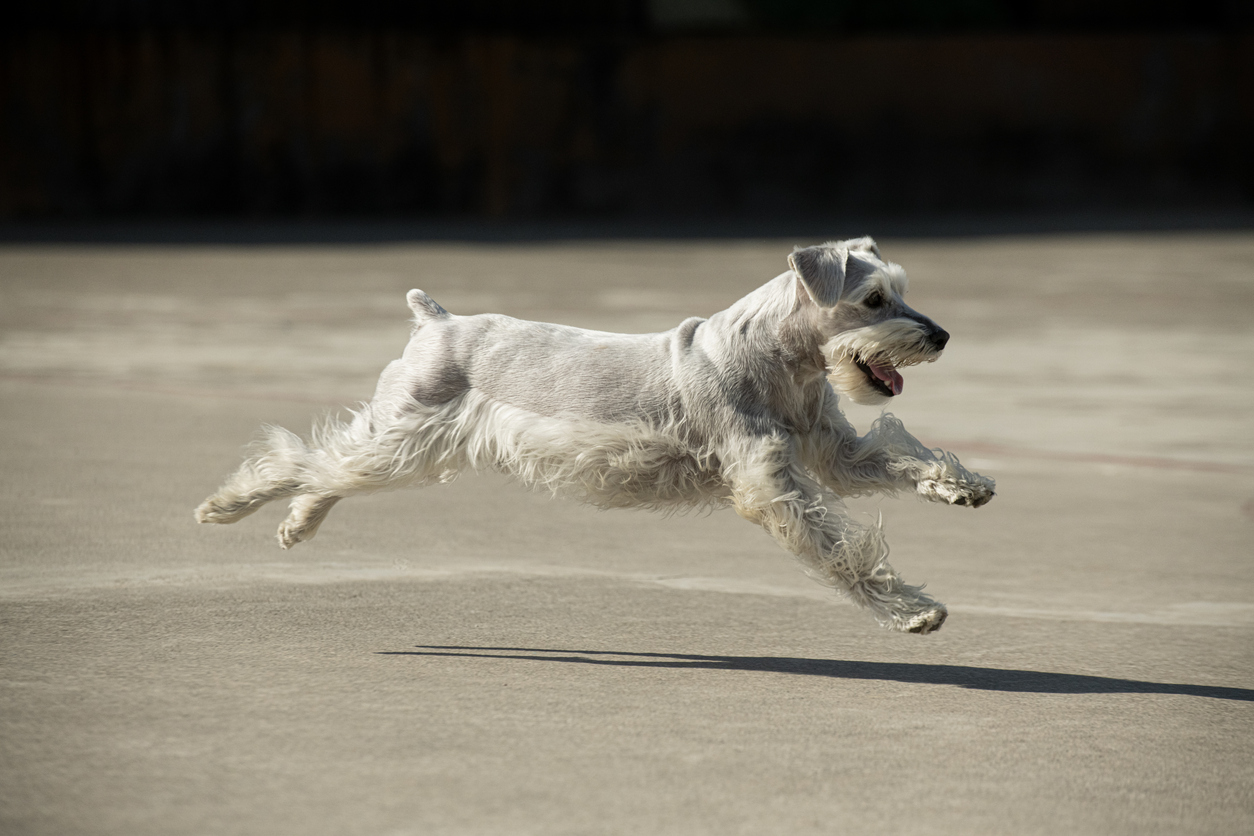
The Standard Schnauzer often flies under the radar compared to its Miniature cousin, but vets quietly admire the breed’s balance of intelligence, loyalty, and sturdiness. They’re medium-sized, athletic dogs that make excellent watchdogs without being overly aggressive. Standards tend to be healthier than many purebreds, with fewer chronic conditions, which vets appreciate. Their wiry coats need grooming but shed minimally, making them manageable in many households. Families often find that Standard Schnauzers provide lively companionship with dependable, long-term resilience.
39. Belgian Tervuren
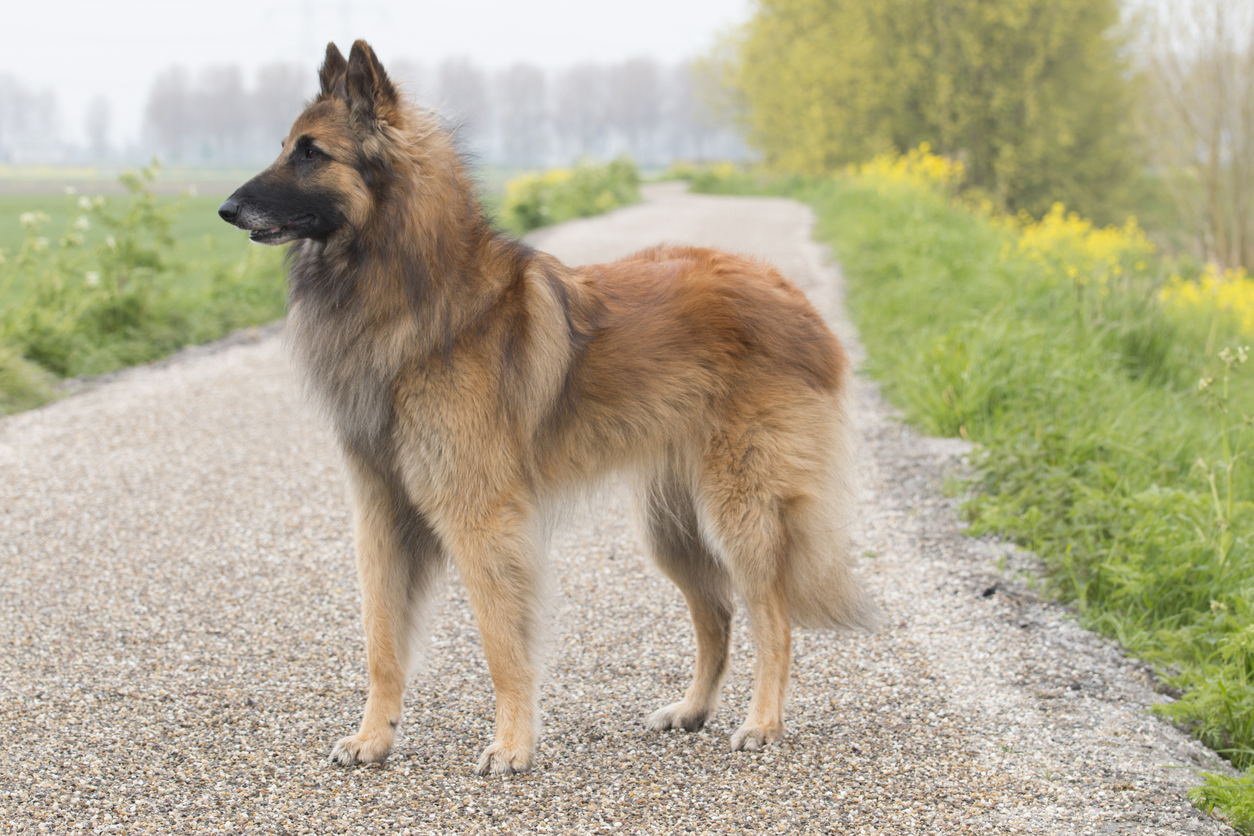
The Belgian Tervuren is a close relative of the Malinois but often displays a calmer, more family-friendly temperament. Vets appreciate their intelligence, trainability, and resilience, though they do best in homes with experienced owners who can provide activity and mental engagement. Tervurens are affectionate and deeply loyal, forming close bonds with their families. They can serve as protective companions while also being gentle with children. For active households willing to meet their needs, they’re a breed worth quiet recommendation.
15 Breeds Vets Often Avoid
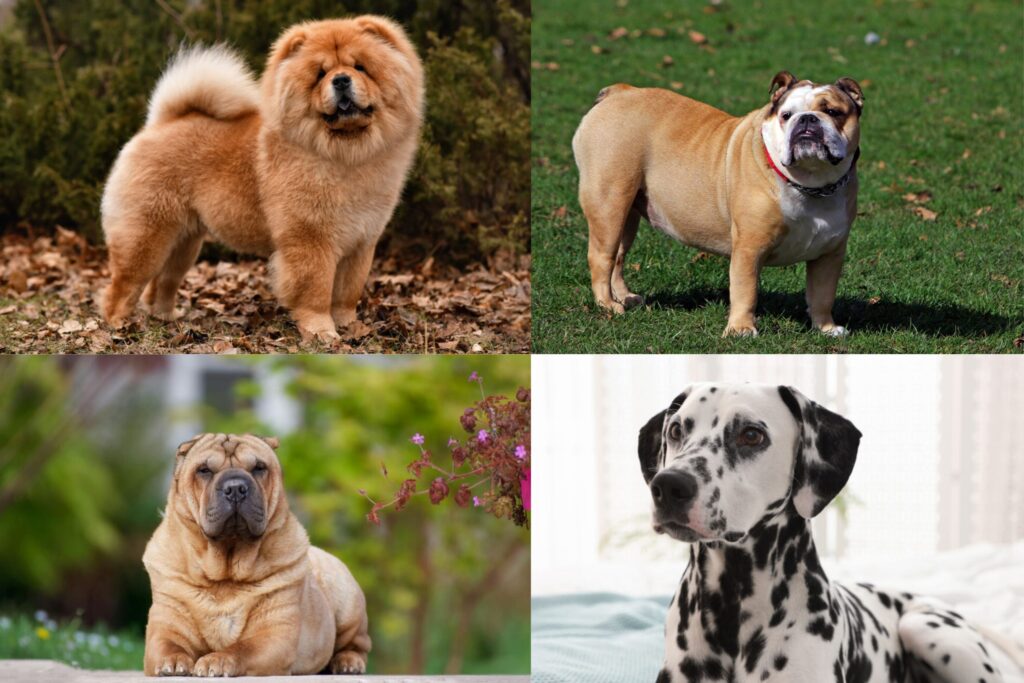
Some dogs melt hearts at first glance, but vets know the challenges behind the cuteness. While no breed is all bad, a few come with serious health issues or temperaments that make them harder to recommend. These are the breeds vets often hesitate over, not because they lack charm, but because they demand more care, patience, and resources than most families expect.
1. English Bulldog
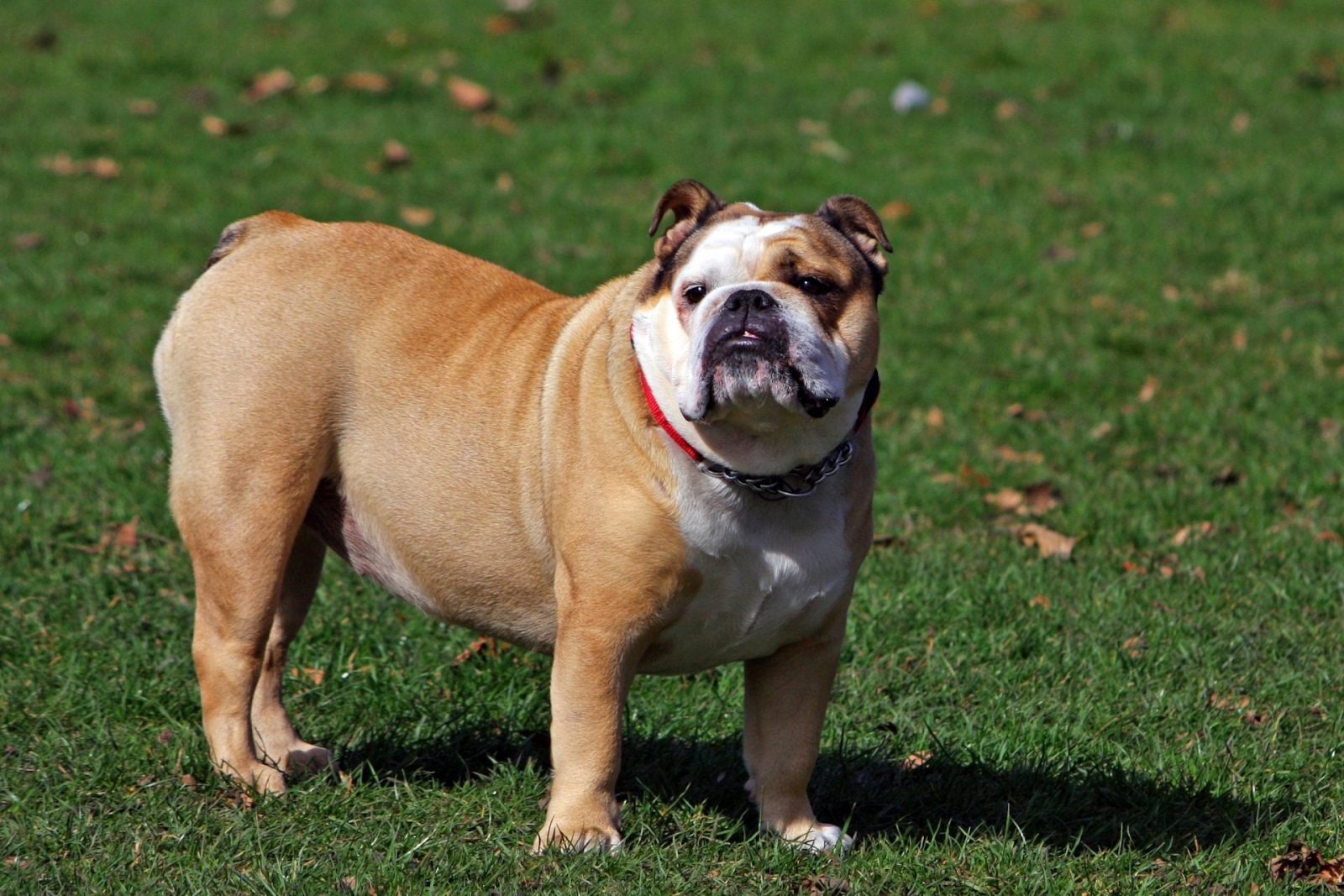
English Bulldogs have a look that melts hearts, but vets often hesitate to recommend them. Behind the charm lies a breed prone to serious health problems. Their short noses lead to breathing difficulties, while their stocky frames create joint stress. Skin infections and other chronic conditions are also common. These issues mean higher vet bills and frequent treatments. While their personalities are lovable, vets quietly know they require constant care and attention. Families drawn to Bulldogs need to be prepared for challenges. They embody the reality that cuteness doesn’t always mean health, and the tradeoffs can be overwhelming.
2. Chow Chow
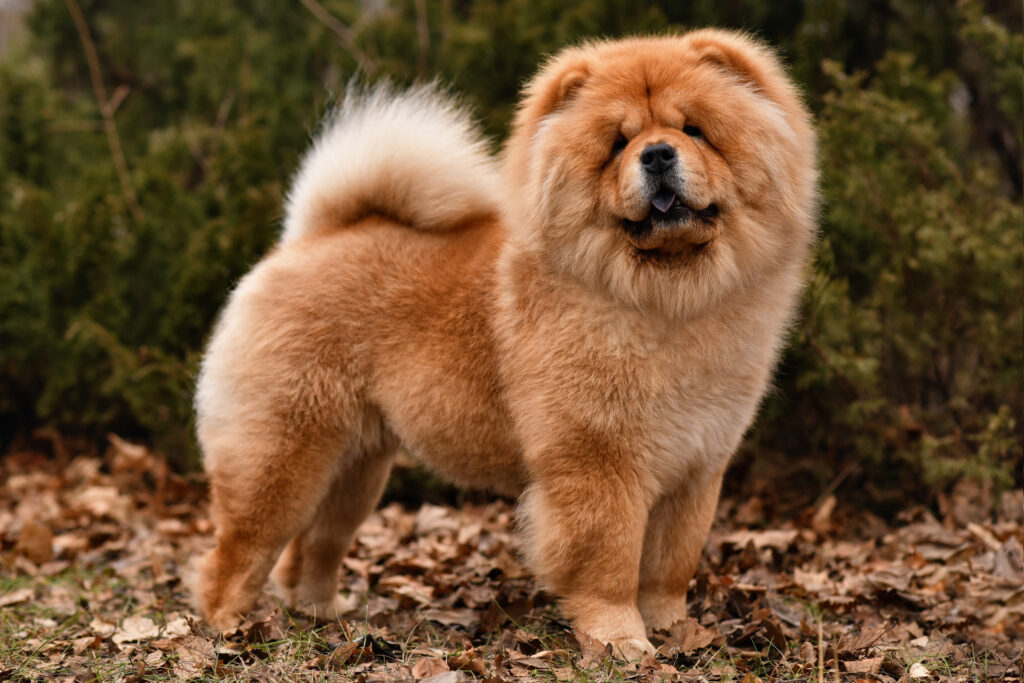
Chow Chows may look like fluffy teddy bears, but vets often avoid recommending them. These dogs are known for being territorial, independent, and sometimes aggressive, which can create safety concerns in family environments. Their dense coats also make them prone to overheating, and grooming demands can be intense. Vets find them difficult to handle in clinical settings because they resist sedatives and can be wary of strangers. While they can be deeply loyal to one owner, their aloof nature makes them unsuitable for most households. Vets quietly advise that Chow Chows are better left to highly experienced owners only.
3. Shar Pei
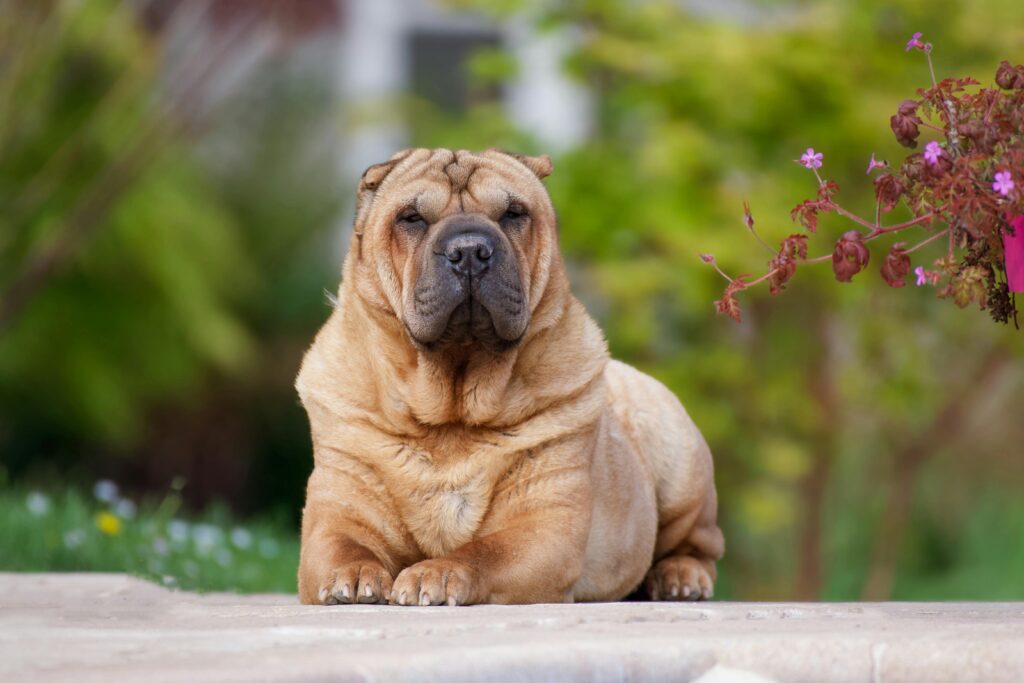
Shar Peis are adored for their unique wrinkled appearance, but vets often discourage families from choosing them. Those folds of skin are prone to infections, allergies, and irritation that require constant maintenance. They also suffer from entropion, a condition where the eyelids turn inward and damage the eyes. These issues often lead to repeated medical treatments and even surgeries. While loyal and affectionate with their people, the Shar Pei’s health problems create stress and expense. Vets quietly know that most families aren’t prepared for the demands. The breed’s beauty comes with burdens that outweigh its charm for many households.
4. Dalmatian

Dalmatians stand out for their iconic spotted coats, but vets know their appeal comes with risks. These dogs are prone to deafness, urinary problems, and high-strung behavior. Families who choose them often struggle with their strong energy and need for constant outlets. While they can be loyal, they’re not the easiest companions for households with children or first-time owners. Their unique looks make them unforgettable, but their health issues and temperament challenges create ongoing hurdles. Vets quietly suggest that most families think twice before choosing one. The reality behind the spots is a breed that’s often more work than joy.
5. Teacup Breeds
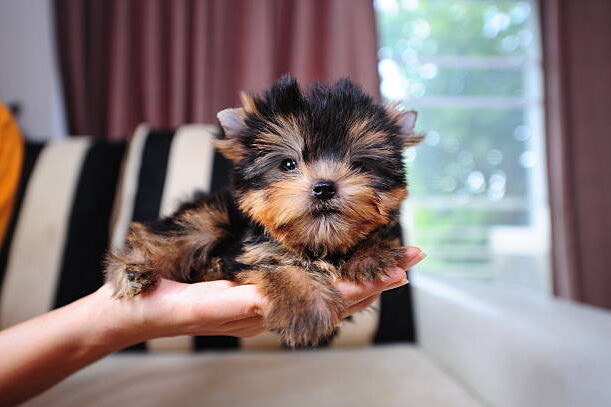
Teacup dogs may look cute in photos, but vets almost always advise against them. Breeds intentionally made extremely small often suffer from fragile bones, dental problems, and organ issues. Their tiny size may seem appealing, but it comes at the cost of health and stability. Teacups are also prone to shortened lifespans, which makes them heartbreaking for families who love them. While social media celebrates their appearance, vets know the reality is different. These dogs require expensive care and constant caution. Small doesn’t have to mean fragile, and vets quietly recommend sturdier small breeds that live longer, happier lives.
6. Pug

Pugs are adored for their round eyes and wrinkled faces, but vets hesitate to recommend them. Their short noses cause chronic breathing problems, and many suffer from spinal issues. Heat intolerance makes summers difficult, and their small bodies often hide larger health struggles. While affectionate and charming, their medical needs are ongoing and expensive. Families who love their personalities may find the tradeoff hard to manage. Vets quietly advise caution, knowing that Pugs require constant vigilance. Their sweetness is undeniable, but their health challenges remind us that looks can sometimes come with serious, lifelong costs for the dogs themselves.
7. Saint Bernard
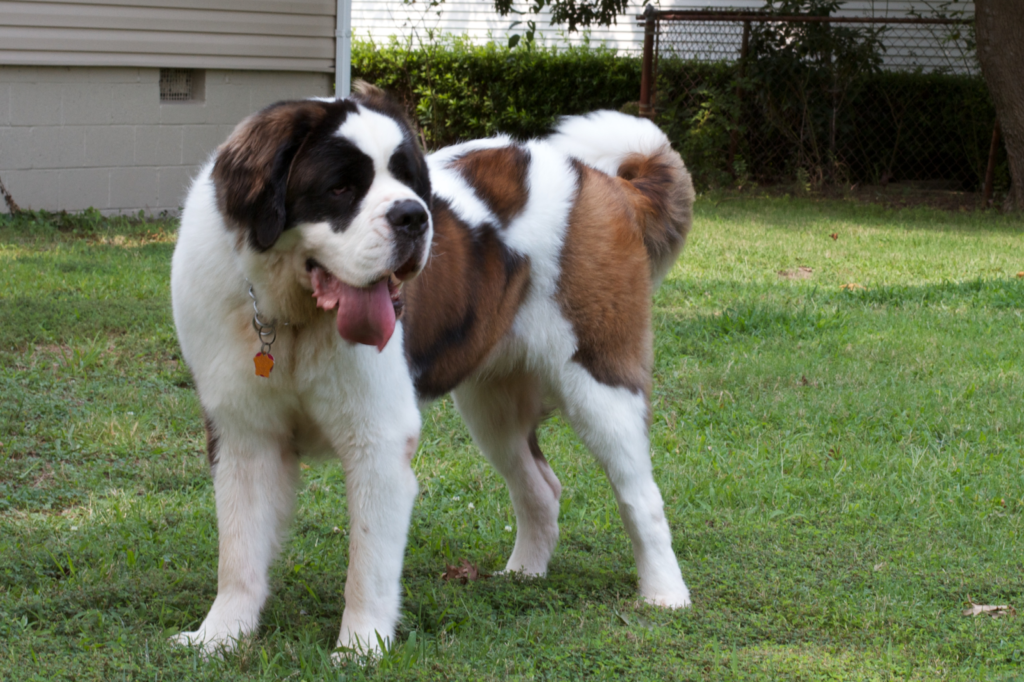
Saint Bernards are gentle giants with hearts as big as their bodies, but vets often avoid recommending them. Their size makes them prone to joint issues, hip dysplasia, and shortened lifespans. Families are often unprepared for the financial and emotional challenges of caring for such a large dog. Despite their loving nature, their bulk also creates difficulties in smaller living spaces. While they make affectionate companions, their health burdens and short lifespans leave heartbreak behind. Vets know that many households aren’t equipped for the demands, making Saint Bernards a breed best admired from afar rather than brought into most homes.
8. Great Pyrenees
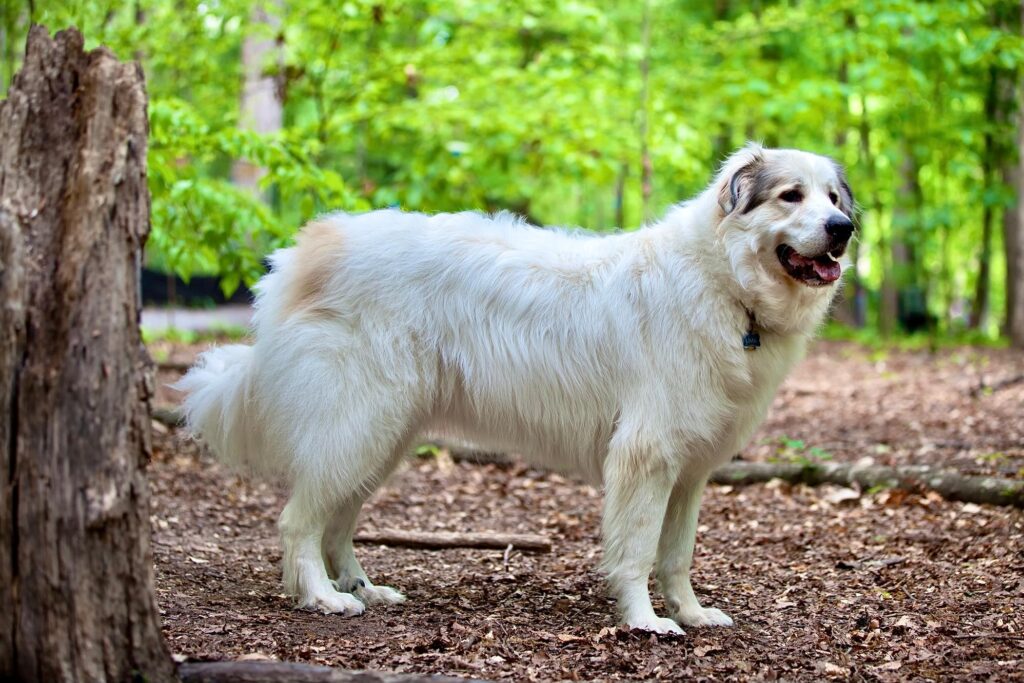
Great Pyrenees look majestic and loyal, but vets often steer families away from them. Their size makes them prone to orthopedic problems, and their independent temperaments can be challenging for inexperienced owners. They’re protective and sometimes stubborn, which can create difficulties in family life. Grooming their thick coats is demanding, and their large appetites add to upkeep costs. While they can be gentle companions, their health concerns and management needs outweigh the charm for many households. Vets quietly acknowledge that Great Pyrenees require more dedication and resources than most families can realistically provide, despite their undeniable beauty and loyalty.
9. Neapolitan Mastiff
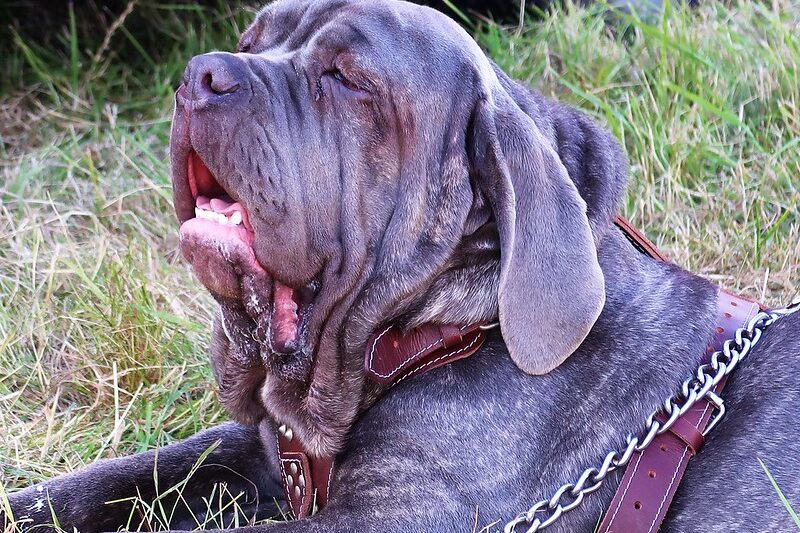
Neapolitan Mastiffs draw attention with their massive frames and wrinkled faces, but vets rarely recommend them. These dogs face numerous health problems, from joint issues to skin infections and heart concerns. Their size alone makes care challenging, and they require constant attention to stay healthy. While loyal and protective, they aren’t easy companions for the average family. Their lifespan is often short, leaving heartbreak too soon. Vets quietly advise that Neapolitan Mastiffs, though impressive, come with extreme care demands and heavy medical needs. They’re best suited for very experienced owners ready to handle the realities behind the dramatic appearance.
10. Scottish Terrier
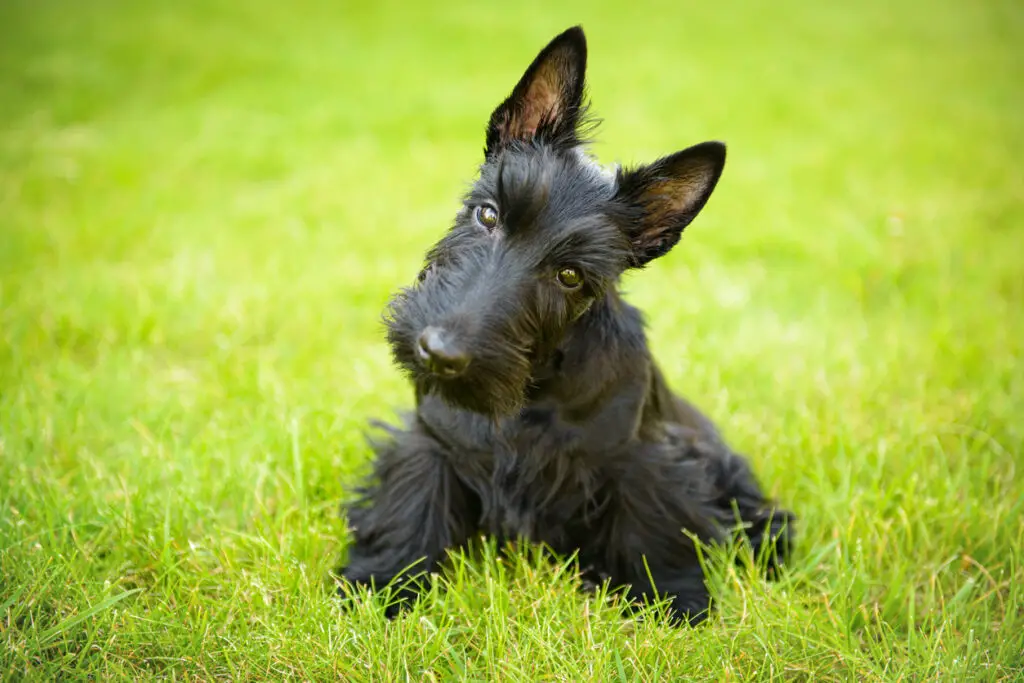
Scottish Terriers are charming and bold, but vets are cautious about recommending them. This breed is often plagued by hereditary cancers, which creates serious health challenges for families. While their personalities are spirited and affectionate, their medical risks make them difficult to manage long-term. They’re small but sturdy, fitting into many households, yet the looming possibility of illness overshadows their appeal. Vets quietly know that families may not be prepared for the emotional and financial costs. Though Scotties bring plenty of character, the health burdens they carry too often outweigh the joy, making them a difficult recommendation for most families.
11. Bullmastiff
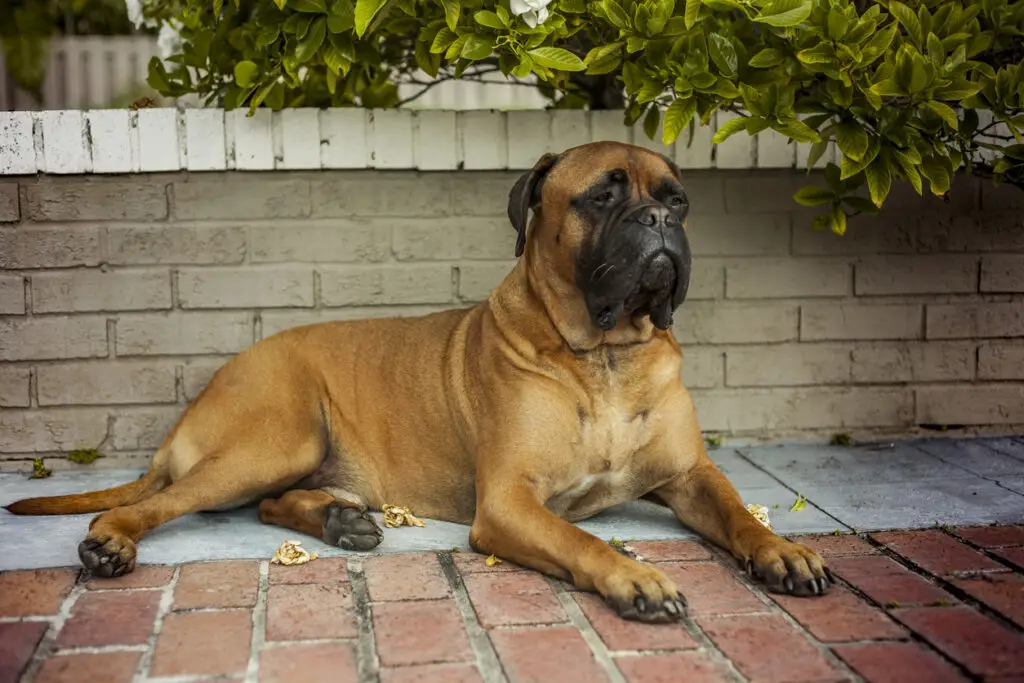
Bullmastiffs are loyal protectors, but vets often avoid recommending them because of their health challenges. These dogs are prone to hip problems, heart disease, and shorter lifespans. Their large size requires space and resources many households struggle to provide. While they can be affectionate and devoted, the medical demands make them a heavy responsibility. Families are often caught off guard by the frequent vet visits and specialized care they need. Vets quietly acknowledge that, despite their loyalty, Bullmastiffs carry burdens that outweigh their charm for many families. They’re better suited for experienced owners who understand the real commitment.
12. Irish Wolfhound

Irish Wolfhounds are among the tallest dog breeds, admired for their gentle, loving natures. Yet vets often discourage families from choosing them because of their heartbreakingly short lifespans. Their size contributes to heart issues and bone problems that shorten their years. Families fall in love with their sweetness, only to face loss too soon. While they are wonderful companions, the emotional and financial strain can be overwhelming. Vets quietly acknowledge that their health challenges outweigh their gentle charm for most households. Irish Wolfhounds remind us that even the kindest giants sometimes leave too quickly, making them a difficult recommendation.
13. French Bulldog
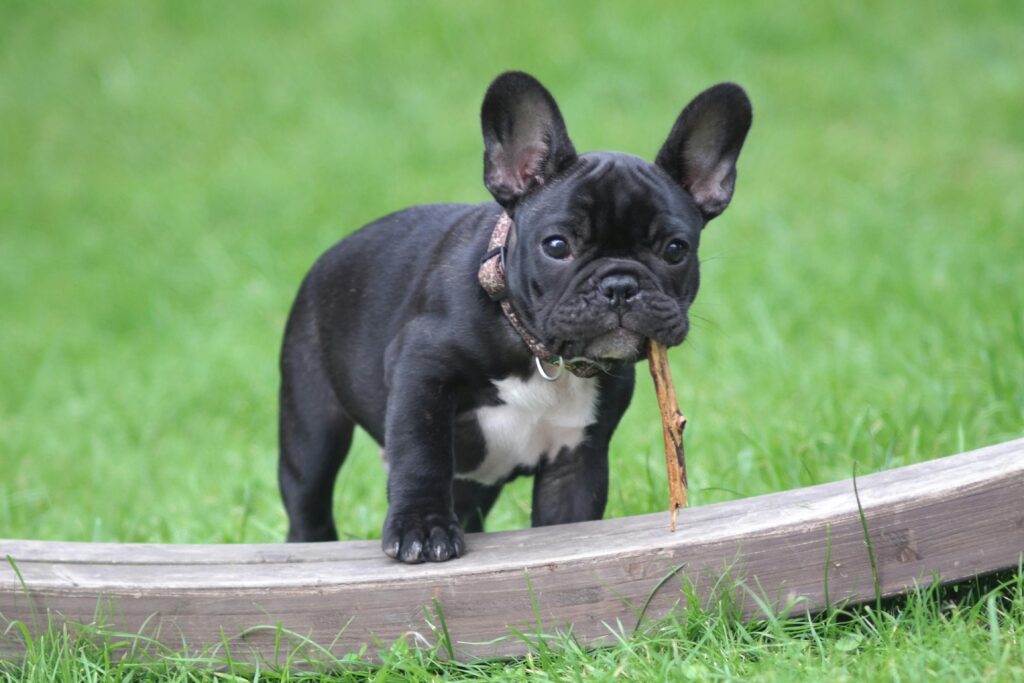
French Bulldogs are one of the most popular breeds today, but vets often worry about them. Their flat faces create severe breathing problems, and spinal and joint issues are common. Many need surgeries just to improve their quality of life. While they’re playful and affectionate, their health struggles demand ongoing care. Families are often unprepared for the expenses and stress. Vets quietly advise caution, knowing the risks overshadow the charm. Though their personalities win hearts, French Bulldogs are fragile behind the cuteness. They serve as a reminder that trends in breeding can sometimes come with heavy costs for the dogs.
14. Akita
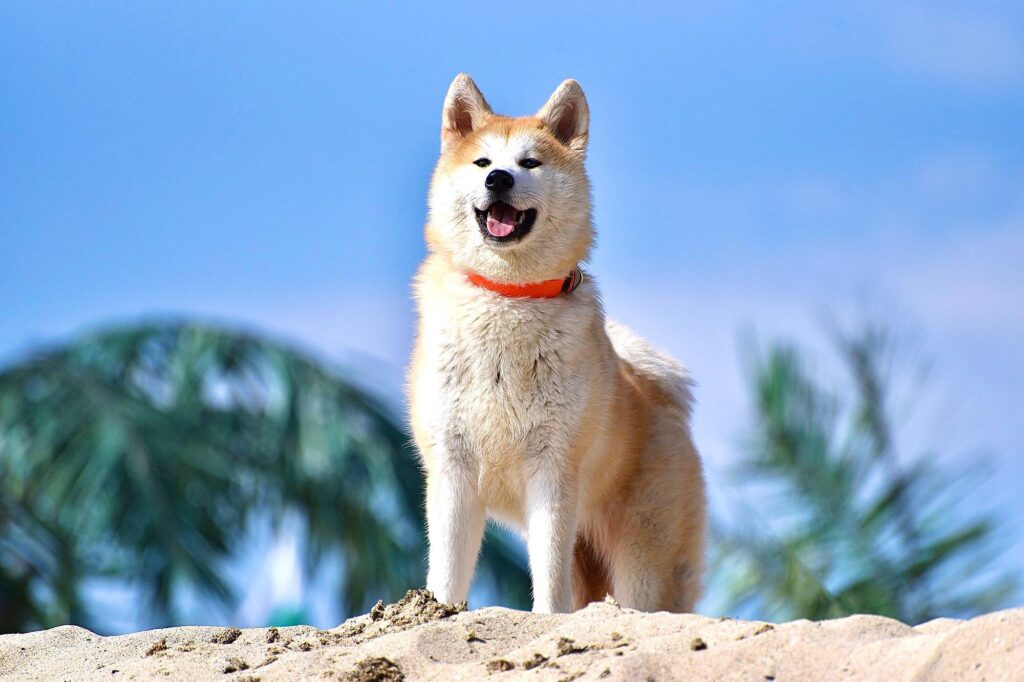
Akitas are powerful and loyal, but vets often avoid recommending them because of temperament and health challenges. They can be aloof and territorial, which creates difficulties in family settings. Their size and strength require confident, experienced handling. Health concerns like hip dysplasia and thyroid disease add to the responsibilities. While deeply devoted to their chosen people, they’re not suited for most households. Vets quietly acknowledge that Akitas demand far more patience and management than many families can provide. They’re impressive, dignified dogs, but for most, the challenges outweigh the rewards, leaving Akitas a breed better for specialists than families.
15. Pekingese
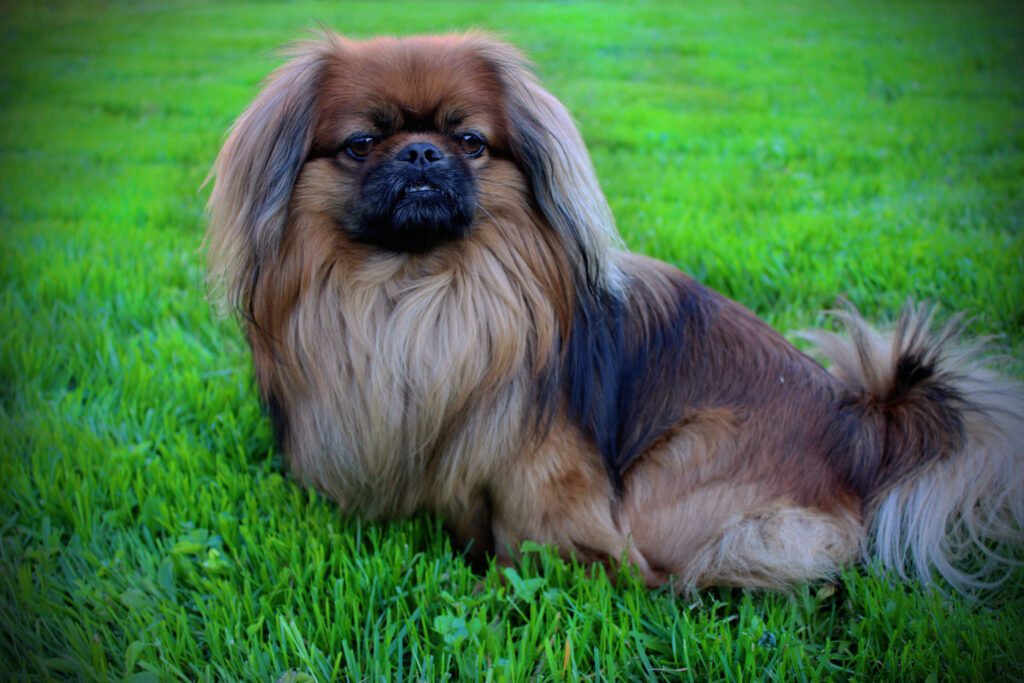
Pekingese dogs may look adorable, but vets know the reality is often difficult. Their flat faces create breathing problems, and their compact frames hide fragile bones and spinal risks. Grooming demands are high, and their health problems often mean repeated trips to the vet. While they’re affectionate and charming, their vulnerabilities make them hard companions for most families. Vets quietly advise against them because of the medical and emotional strain involved. Behind the cuteness is a breed that demands constant care, leaving families unprepared for the struggles. Pekingese remain lovable but fragile, making them difficult choices for many homes.
16. Boston Terrier
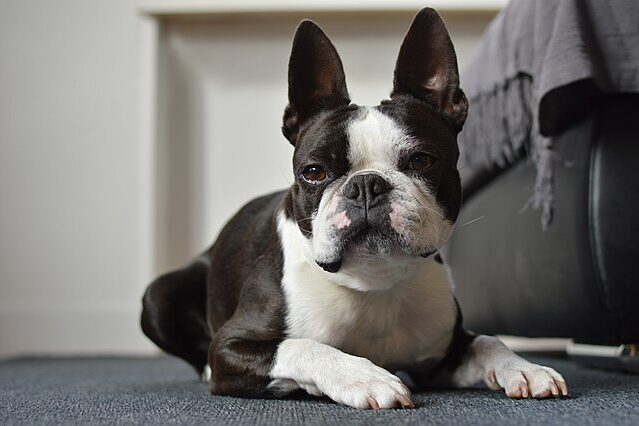
Boston Terriers are charming little dogs full of energy and affection, but vets often hesitate to recommend them because of their breathing troubles. Their flat faces make them prone to overheating and respiratory distress, especially in warmer weather. As one vet told PetMD, “They’re sweet but struggle to breathe easily.” Their big, soulful eyes also make them prone to eye injuries. While they’re loving companions, these medical burdens can surprise new owners. Vets quietly advise that while Boston Terriers have heart, their health can be a lifelong challenge.
17. Lhasa Apso
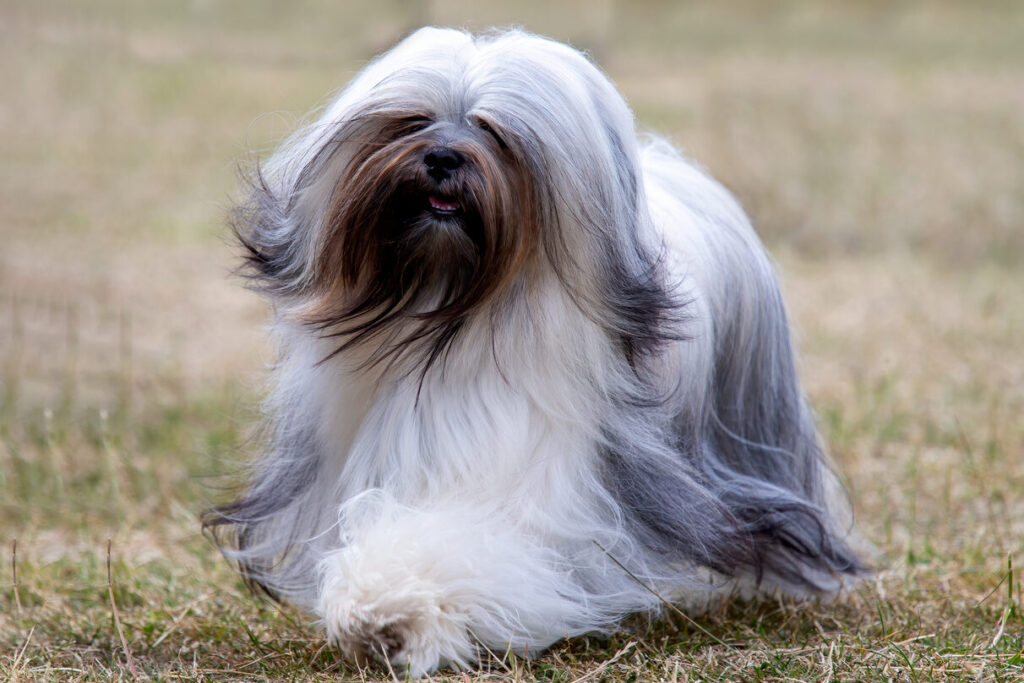
The Lhasa Apso’s long, flowing coat and confident attitude make it stand out, but vets often suggest caution. These dogs can be strong-willed and aren’t always tolerant of children or strangers. Their grooming needs are extensive, and their temperament can lean toward stubbornness. “They’re wonderful for experienced, calm owners,” noted one vet from The Spruce Pets, “but not ideal for busy households.” They thrive best with consistent routines and patient handling. For many families, the upkeep and attitude can outweigh their petite charm.
18. Dogue de Bordeaux
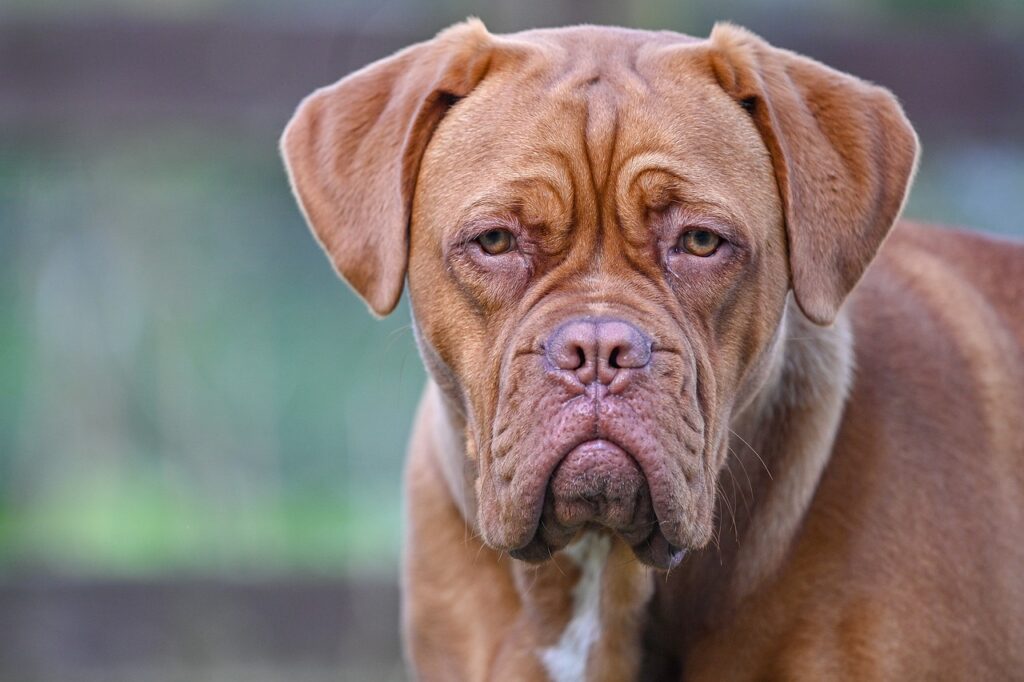
The Dogue de Bordeaux, a giant French breed with a noble face, carries a lot of love—and a lot of health risks. Vets often hesitate because these dogs face serious issues like heart disease, hip dysplasia, and a lifespan that’s heartbreakingly short. According to VetStreet, they often live only about five to eight years. Their size also brings expense, from food to veterinary care. Despite their sweet, loyal temperaments, most families find the emotional and financial toll heavy. Vets quietly agree they’re best suited for very dedicated, experienced owners.
19. Afghan Hound
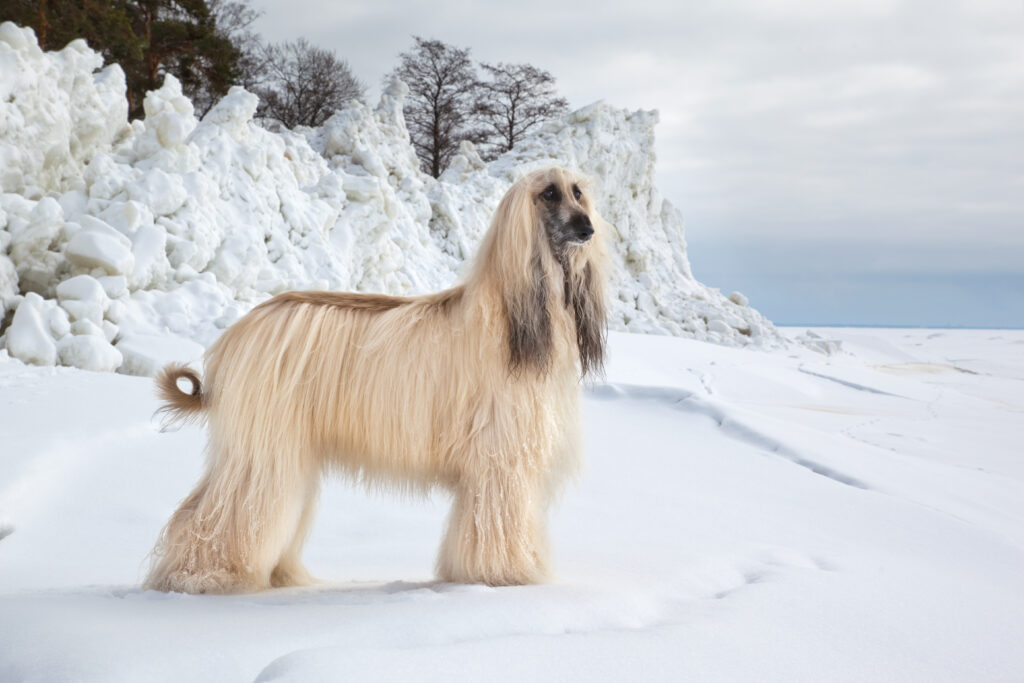
Afghan Hounds are breathtaking with their silky coats and aristocratic poise, yet vets tend to avoid recommending them for typical families. They can be aloof and independent, often preferring their own company to constant affection. Their long coats require daily grooming to avoid tangles, and they need plenty of space to run. “They’re stunning but high-maintenance,” one vet shared with The Kennel Club. While they can make rewarding companions for devoted owners, Afghans can quickly overwhelm those expecting a cuddly or low-effort pet.
20. Cane Corso
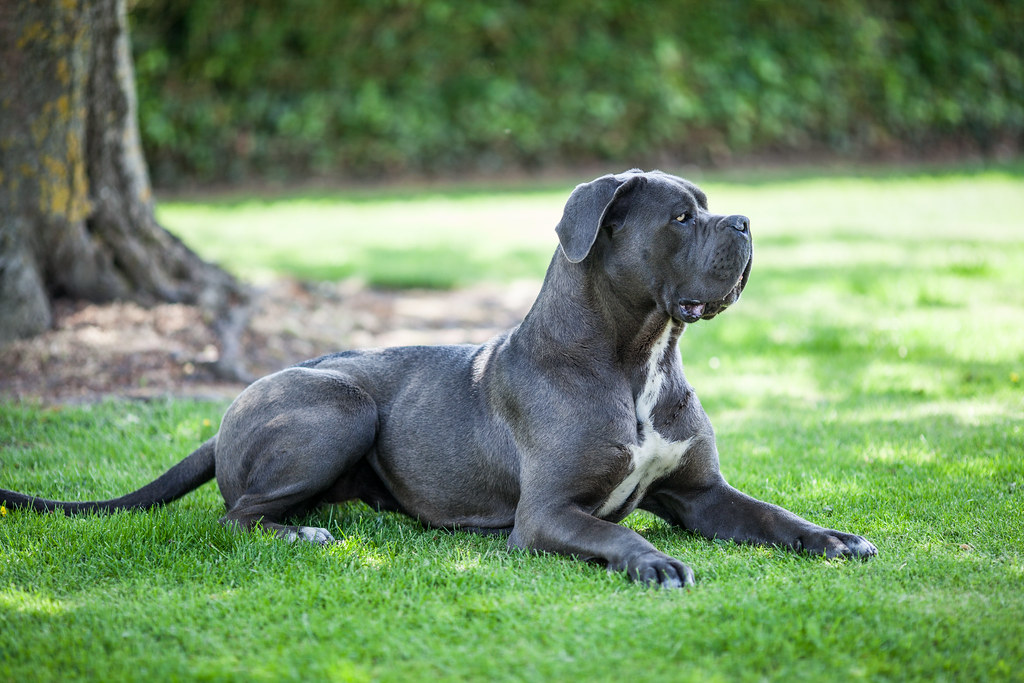
The Cane Corso is an impressive protector, known for loyalty and strength but vets often warn families that this breed isn’t for beginners. They need firm, confident leadership and constant training. Without structure, they can become overly dominant or reactive. Health issues like hip dysplasia also add to the challenge. “They demand purpose and discipline,” a Petfinder vet explained. While they can be deeply bonded companions in skilled hands, most families underestimate their intensity. For that reason, vets quietly steer first-time owners elsewhere.
21. Skye Terrier

Skye Terriers may look like storybook dogs with their long hair and short legs, but vets approach them with caution. Their elongated backs make them prone to spinal problems, much like Dachshunds. Despite their spirited and affectionate natures, this fragility makes them risky for families with children or active lifestyles. Their coats also require constant brushing to stay clean and untangled. As one vet told DogTime, “They’re sweet but delicate.” Skye Terriers can be wonderful companions in gentle homes, yet too fragile for most families.
22. Dogo Argentino
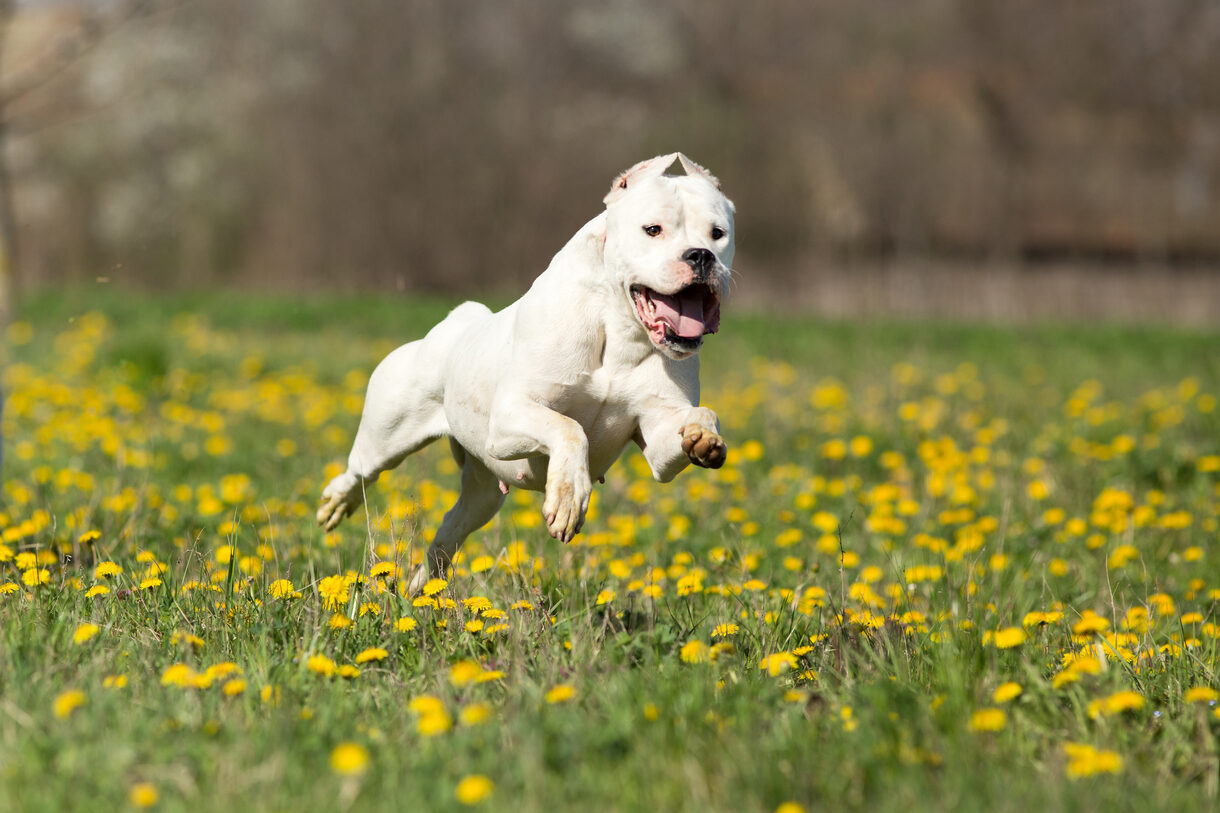
The Dogo Argentino is striking, powerful, and loyal—but vets often avoid recommending them to casual dog owners. Originally bred for hunting, they require strong leadership and early socialization. They’re prone to congenital deafness and can be overwhelming without proper guidance. “They’re incredible athletes, but they need experienced handlers,” said a Daily Paws veterinarian. While their devotion runs deep, their intensity can lead to difficulties in unstructured homes. For the average family, the Dogo’s demands—both physical and emotional—often outweigh its beauty and strength.
23. Boerboel
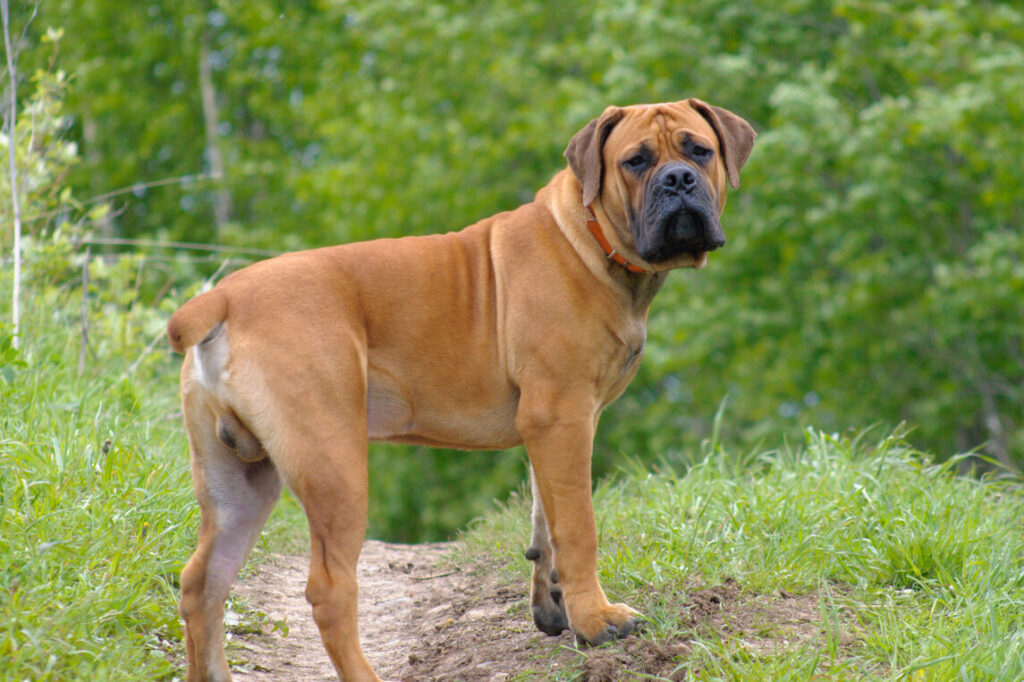
The Boerboel, South Africa’s powerhouse guardian, is a devoted protector and affectionate with its family. Still, vets often warn that this breed is too much for most households. Weighing well over 150 pounds, Boerboels demand space, structure, and constant supervision. They’re prone to joint and heart issues, and their size makes care costly. “They’re loyal giants, but not easy,” shared one vet via PetMD. While they thrive with knowledgeable owners who provide training and discipline, for most families, Boerboels prove simply overwhelming.
24. Chinese Crested
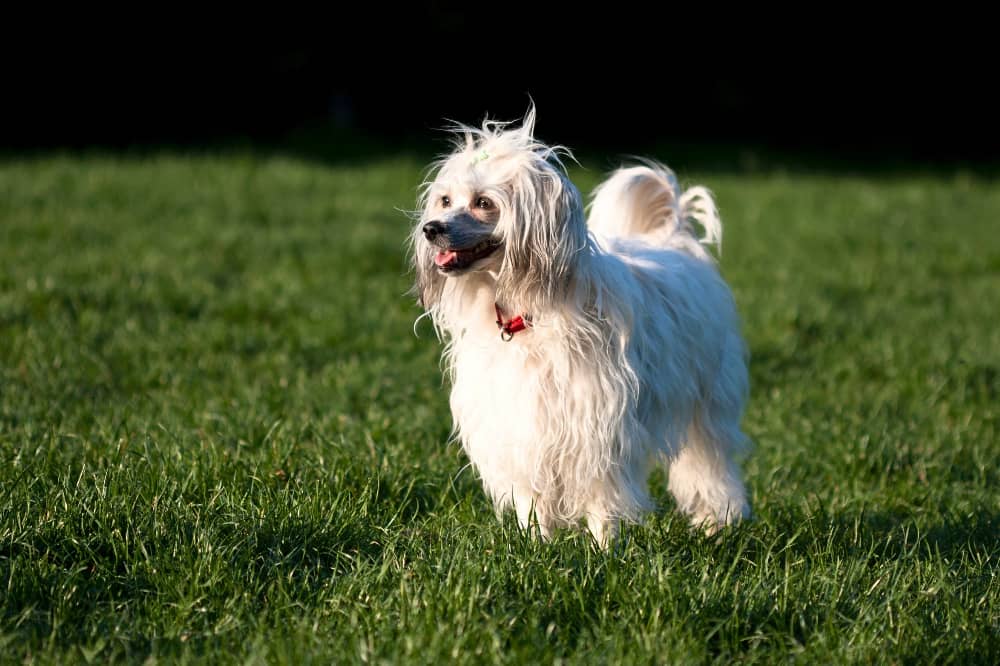
The Chinese Crested stands out for its unique, often hairless look and affectionate personality, but vets quietly steer many families away. These dogs are prone to dental disease, fragile bones, and sensitive skin that needs careful protection from sun and cold. “They’re high-maintenance in the smallest ways,” said a VetHelpDirect contributor. Despite their loving temperaments, their delicate health can exhaust inexperienced owners. They’re wonderful for devoted pet parents with time and patience, but for most, a sturdier small breed is a better match.
This story 39 Dog Breeds Vets Secretly Recommend (and 24 They Quietly Avoid) was first published on Daily FETCH


